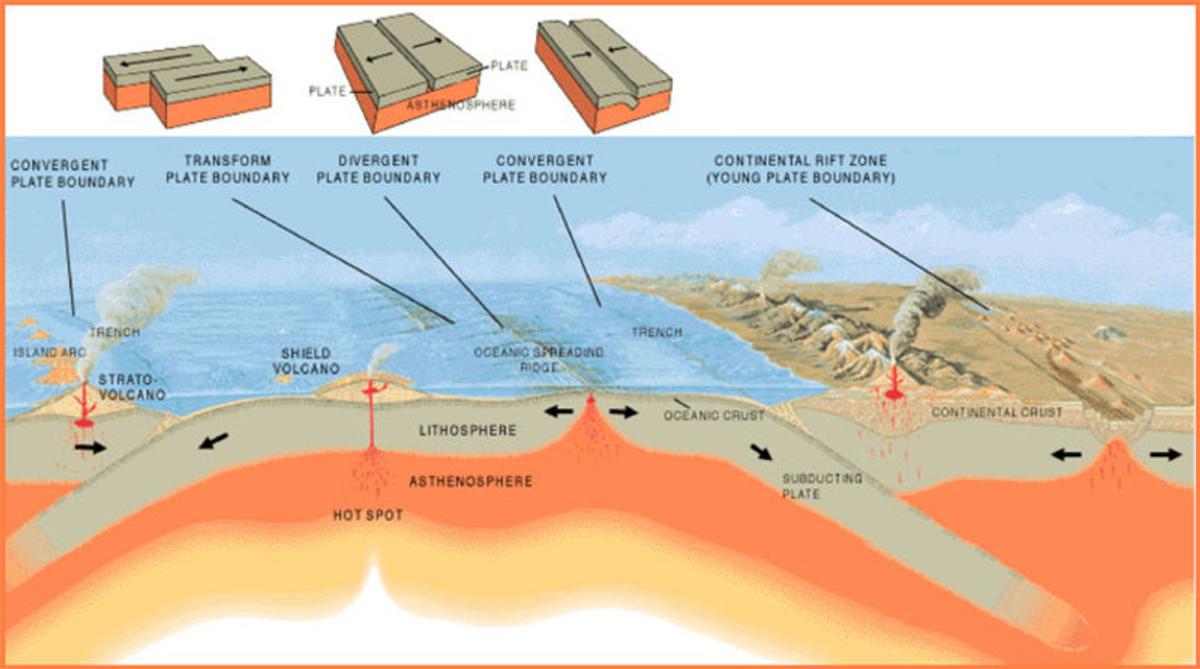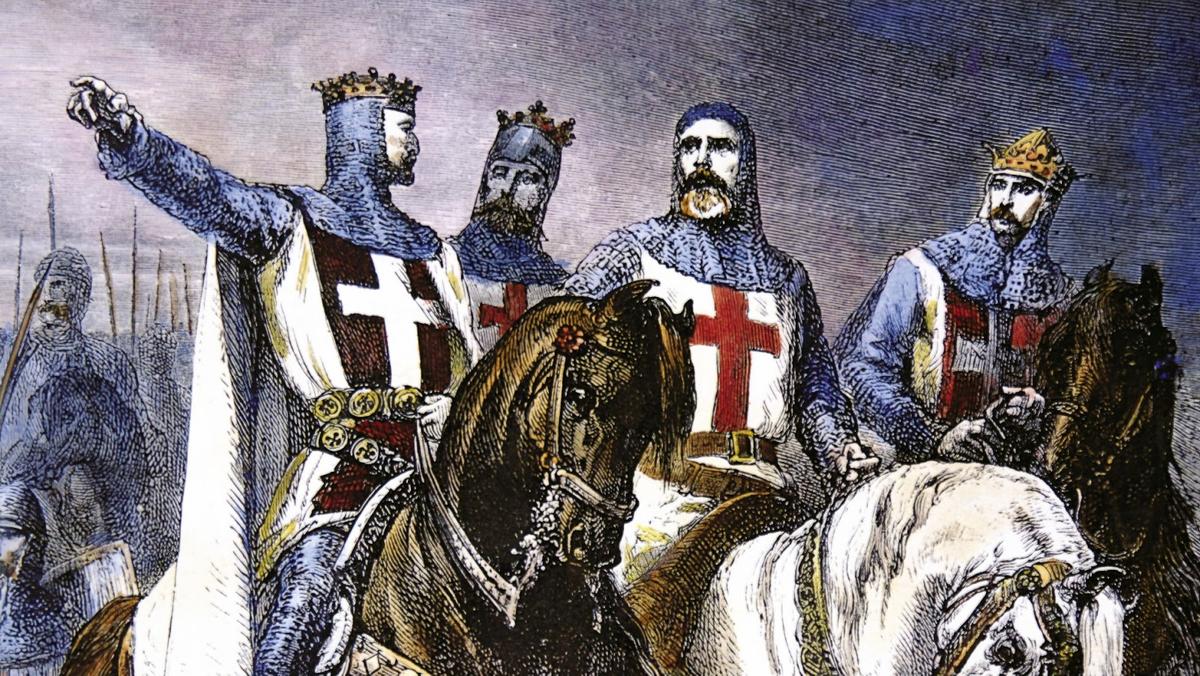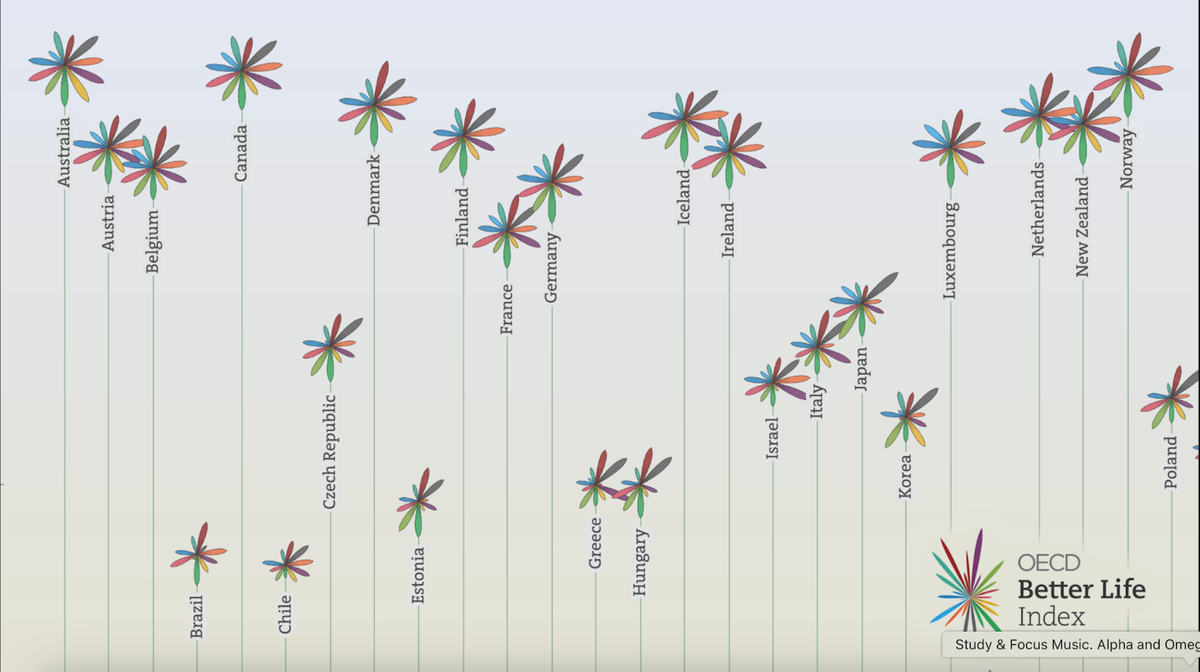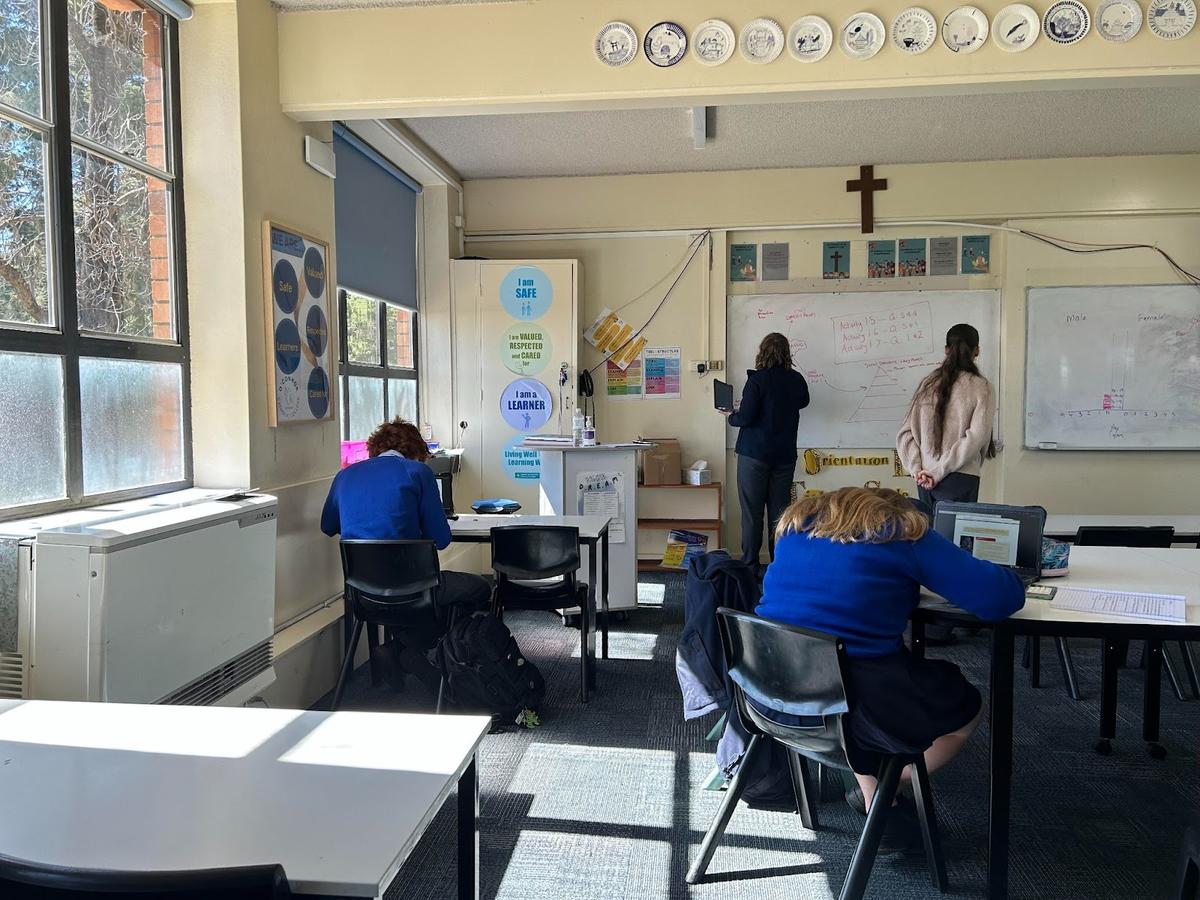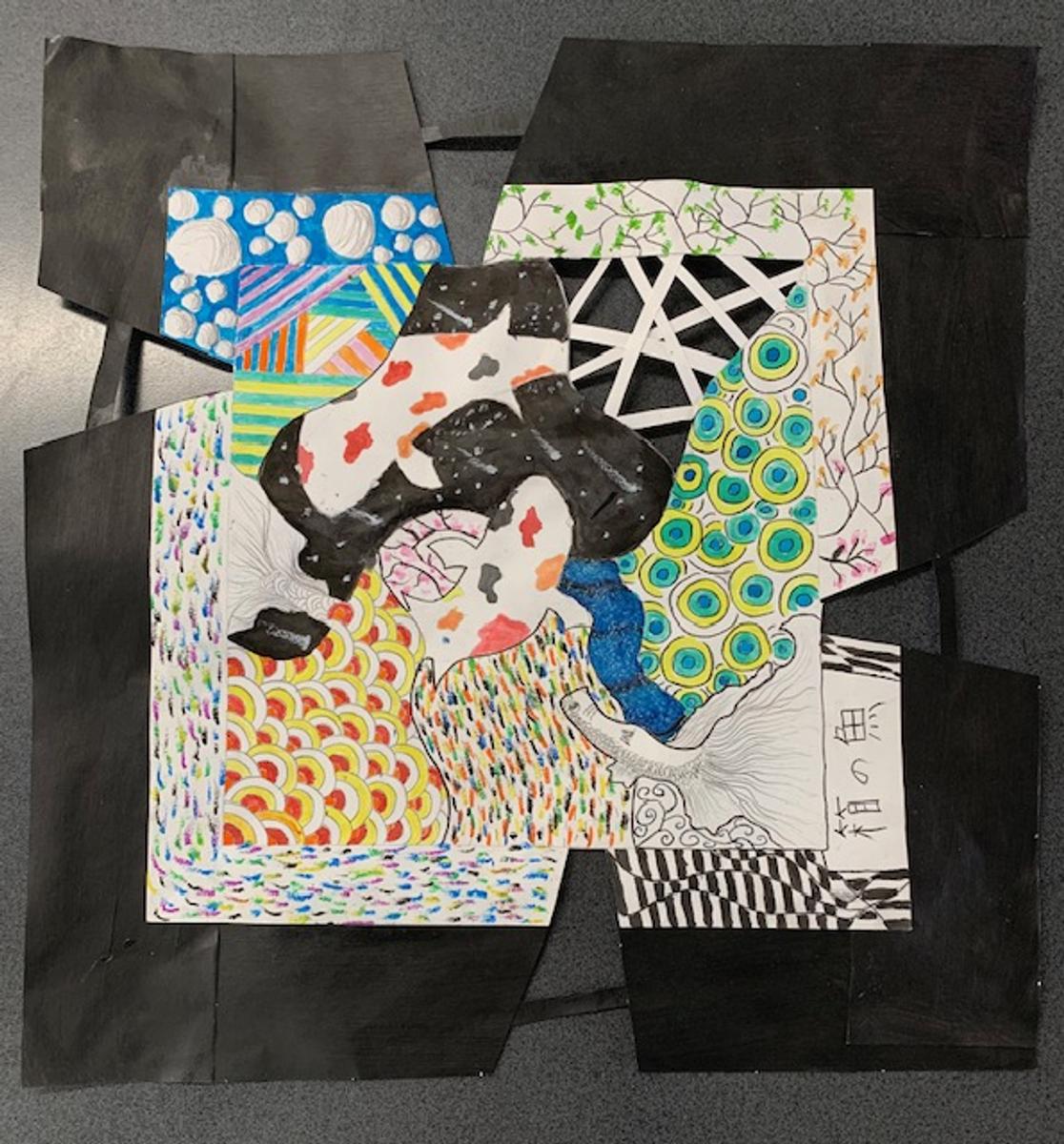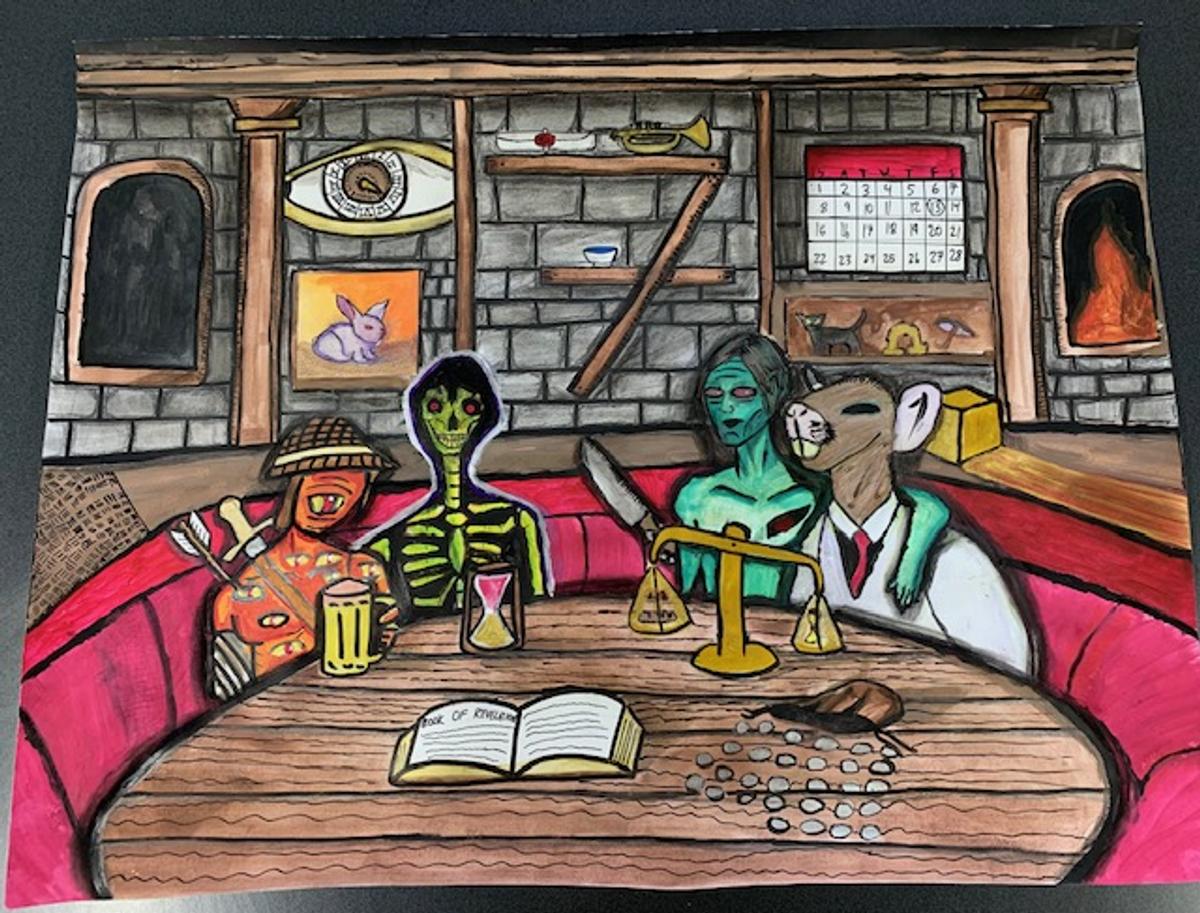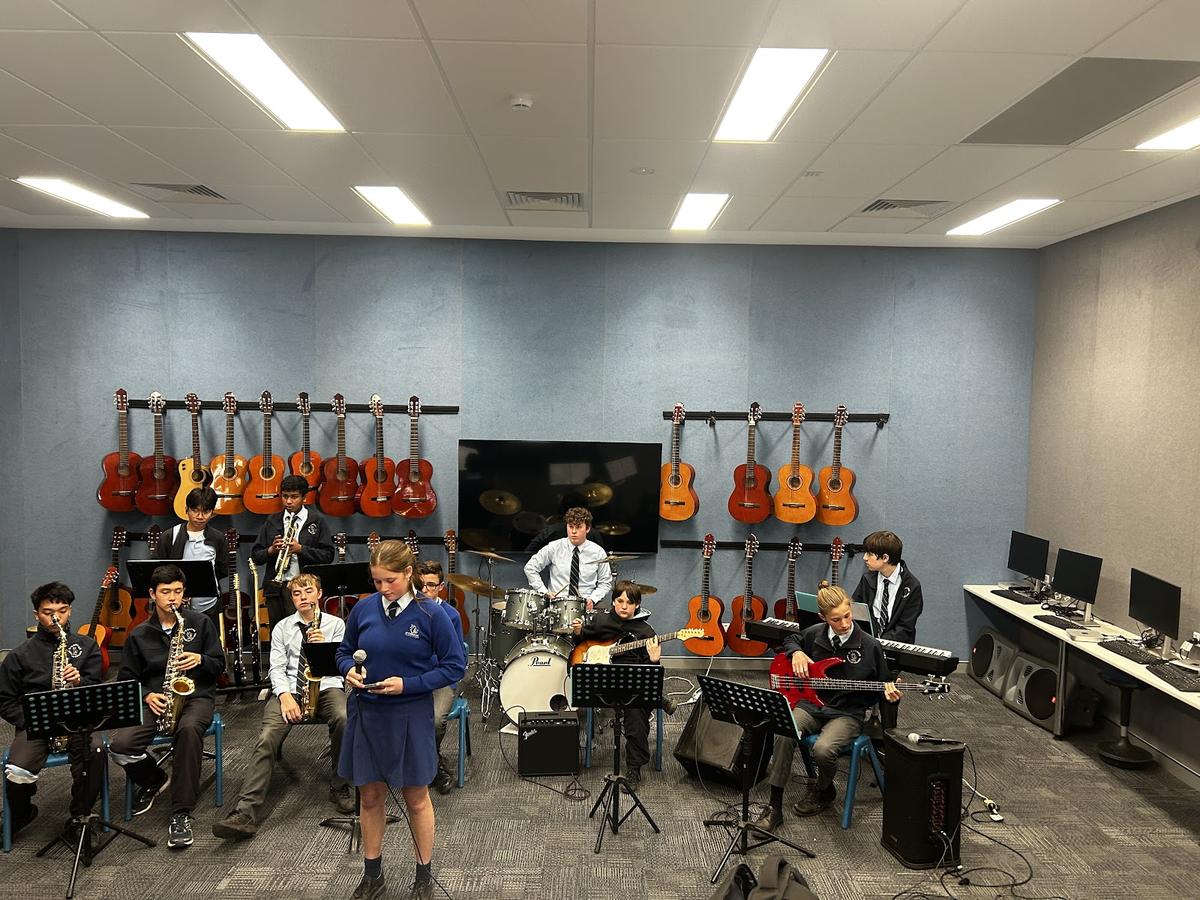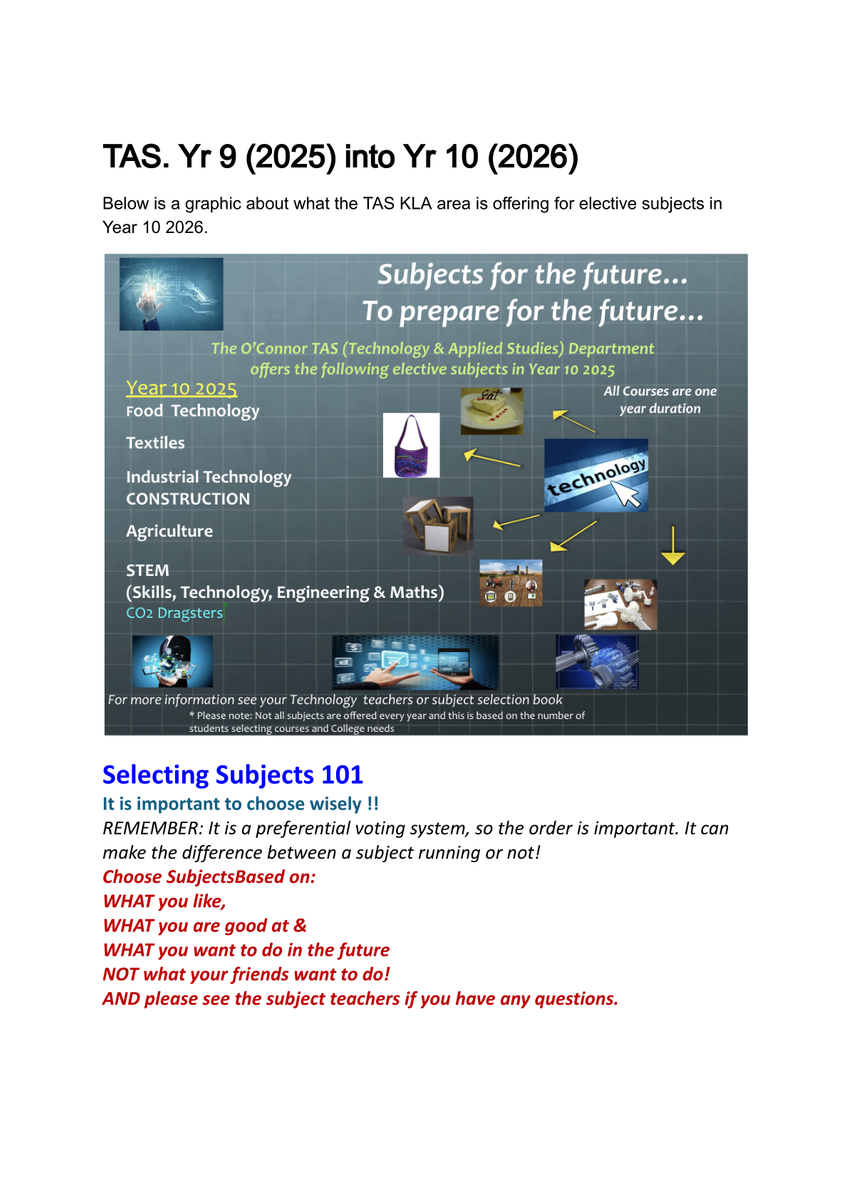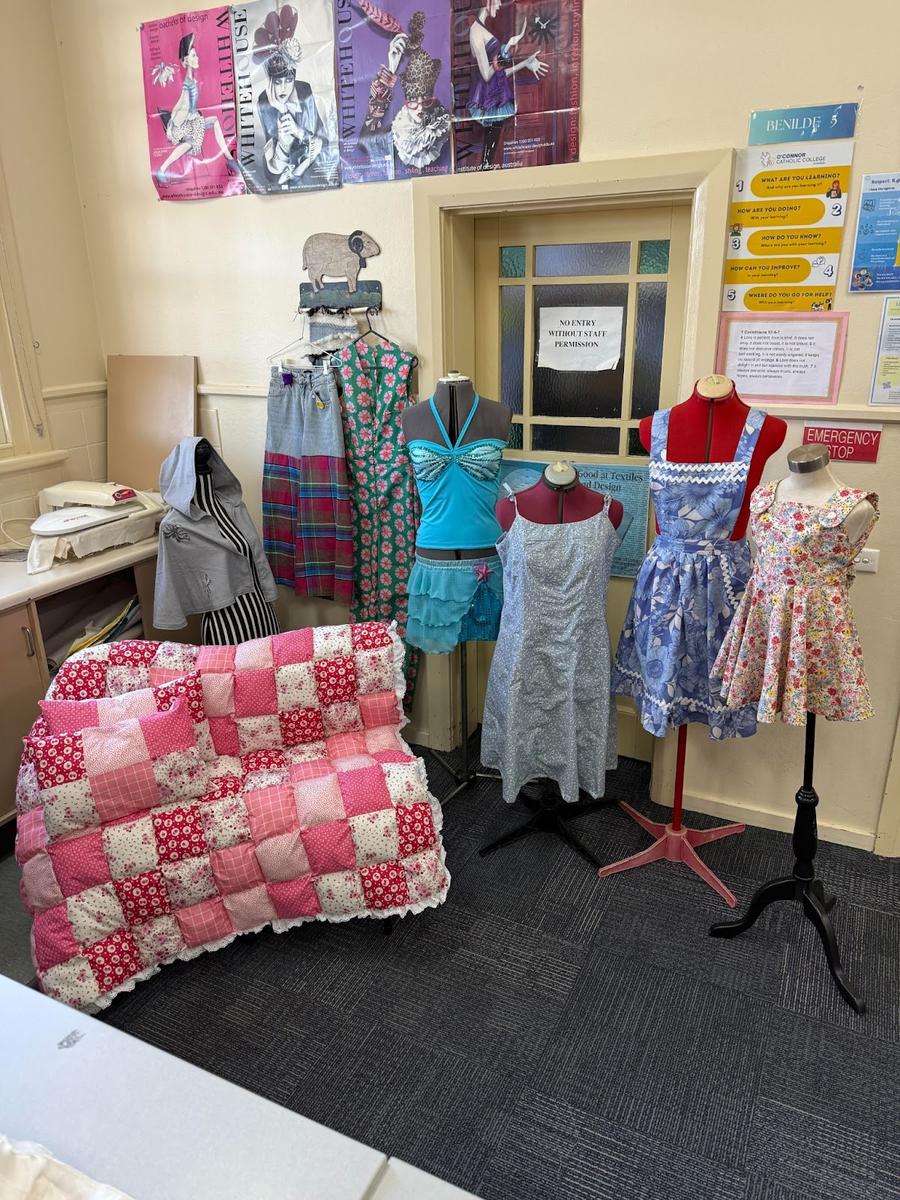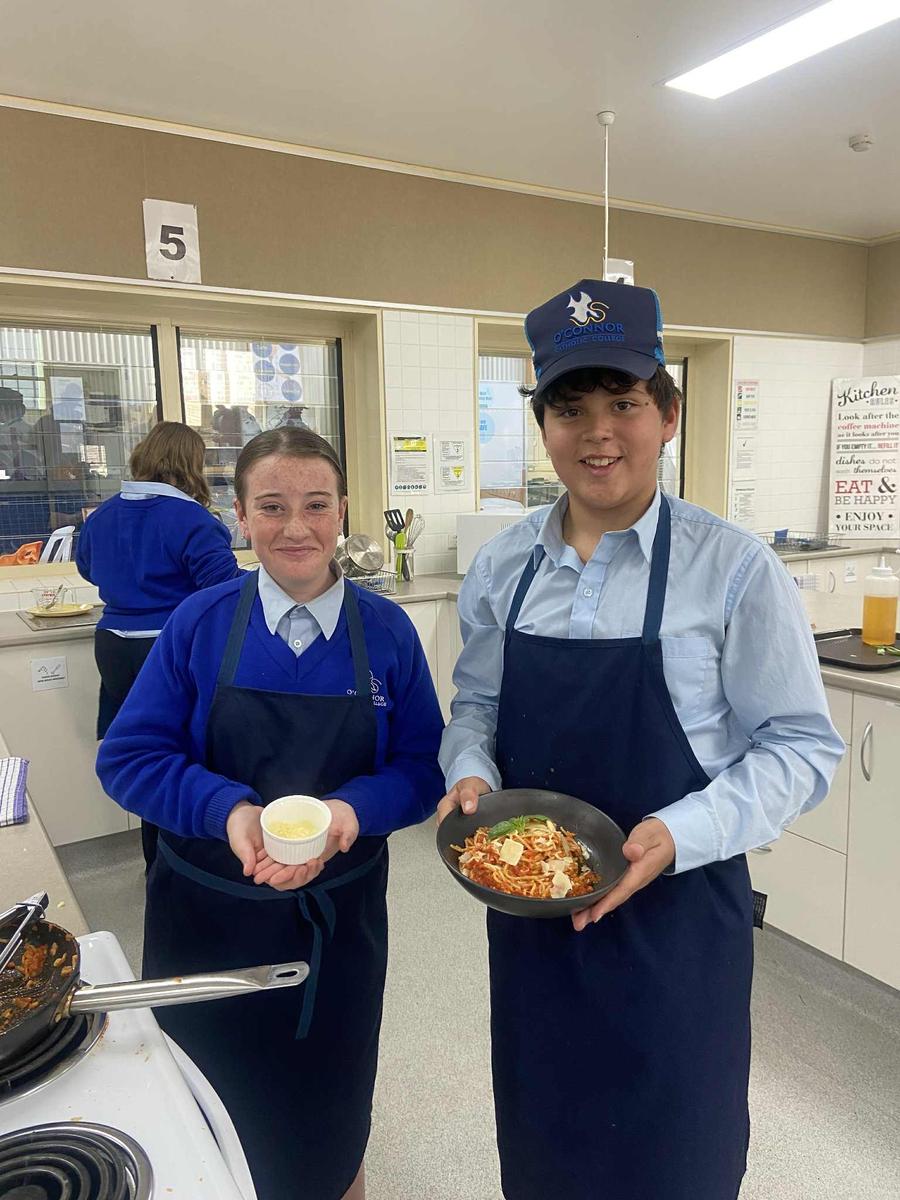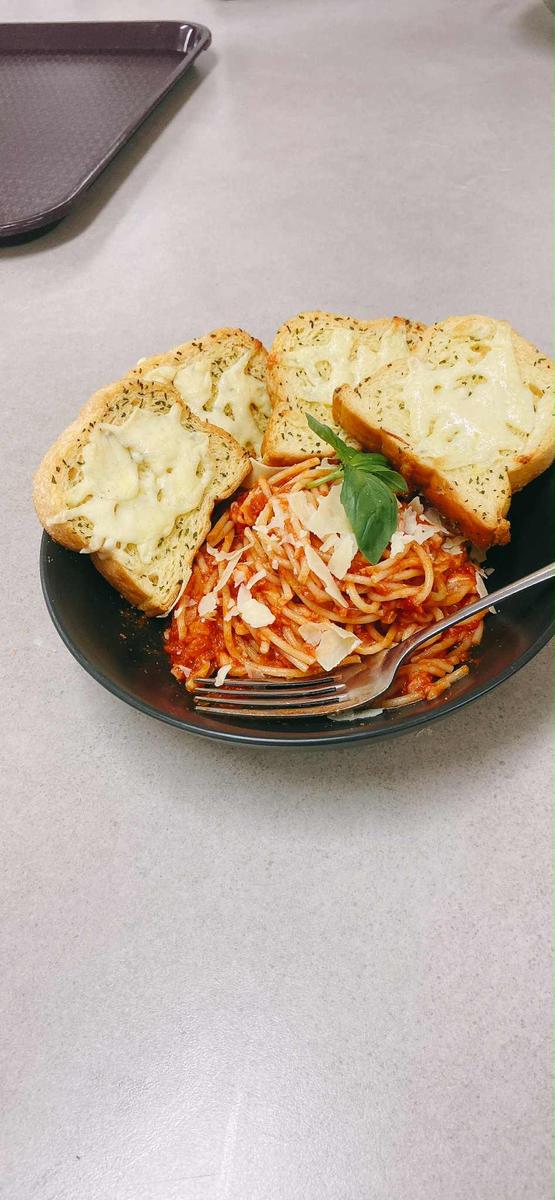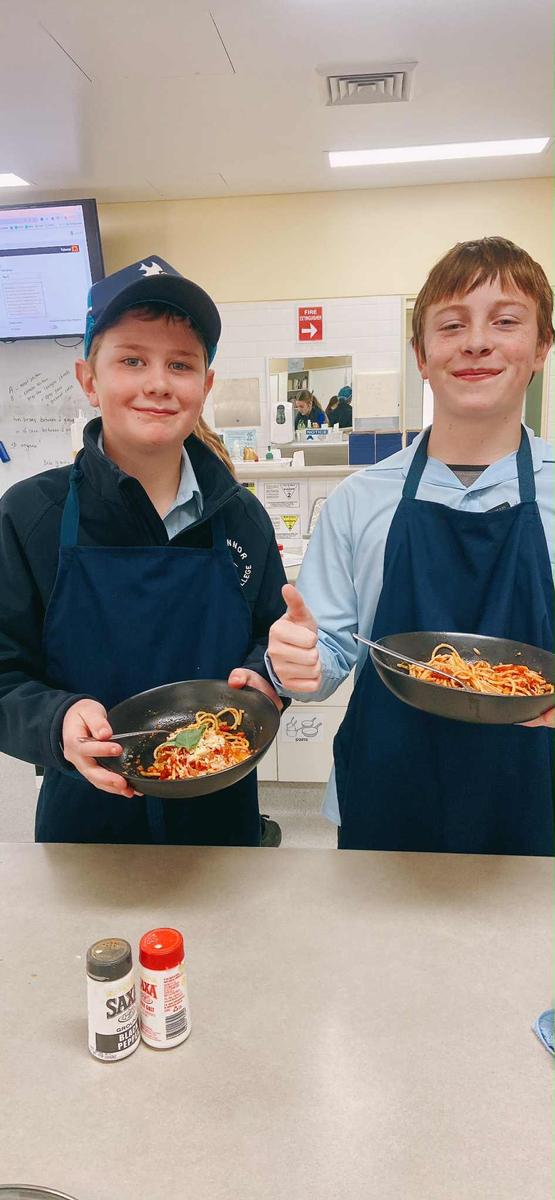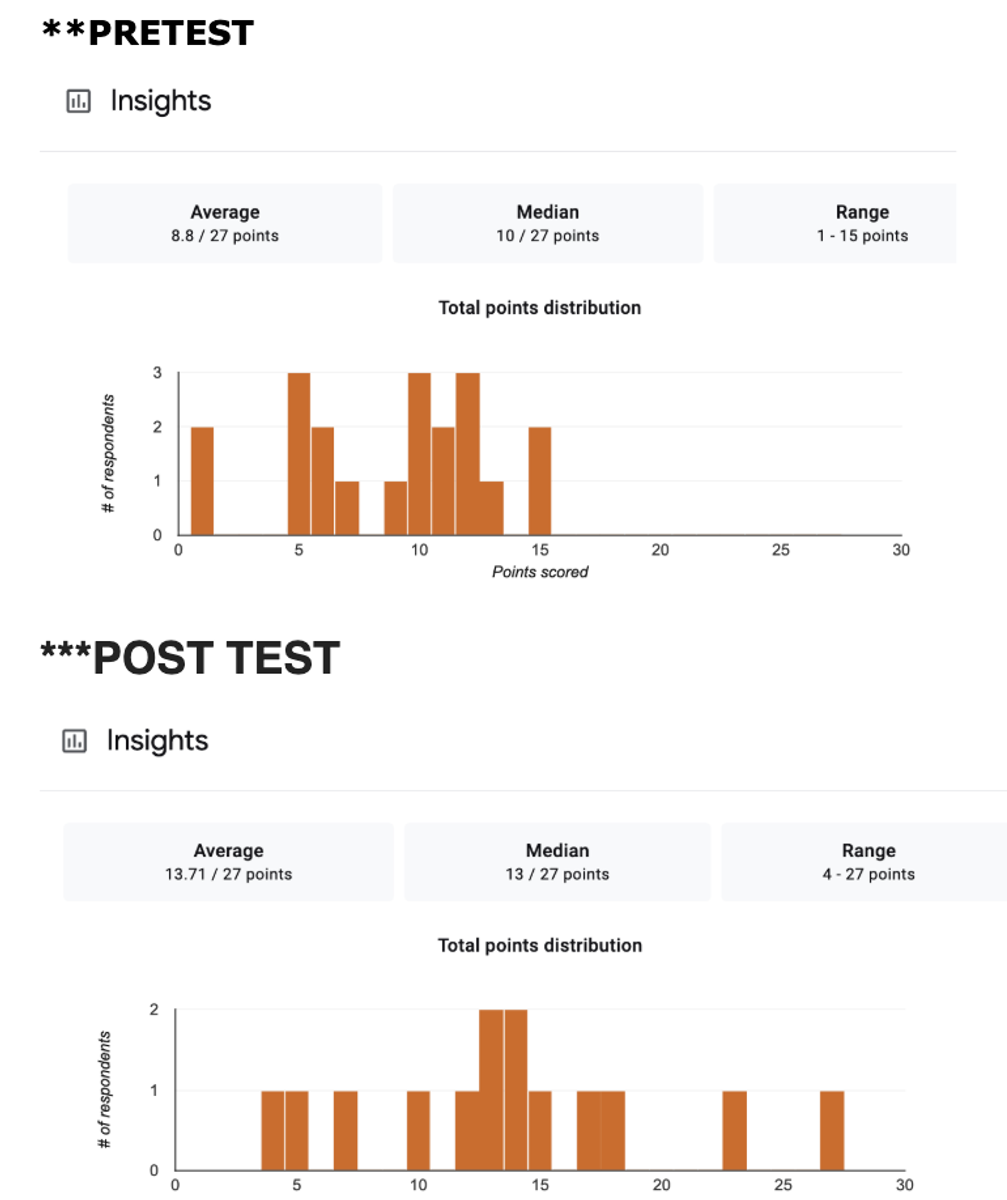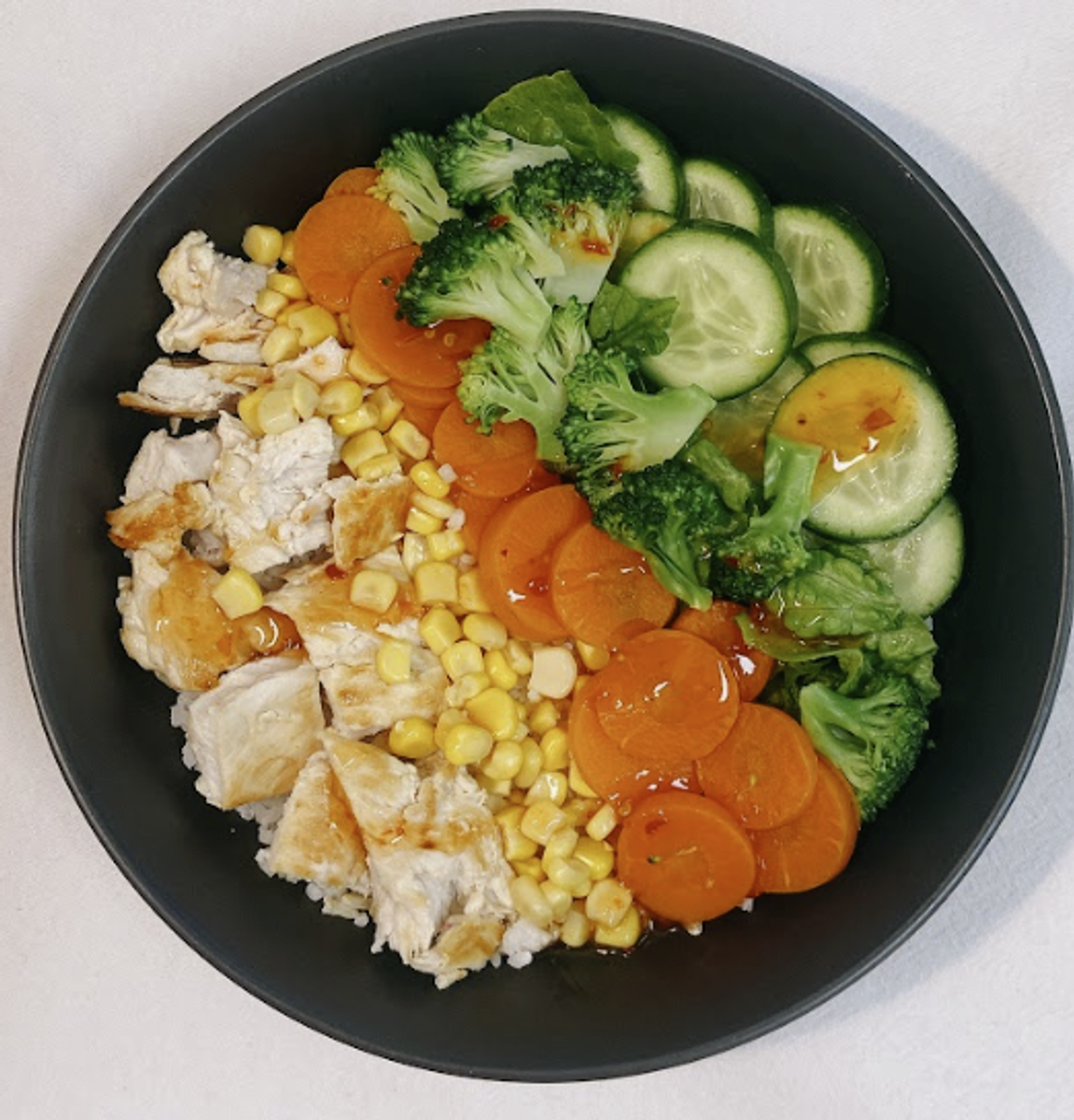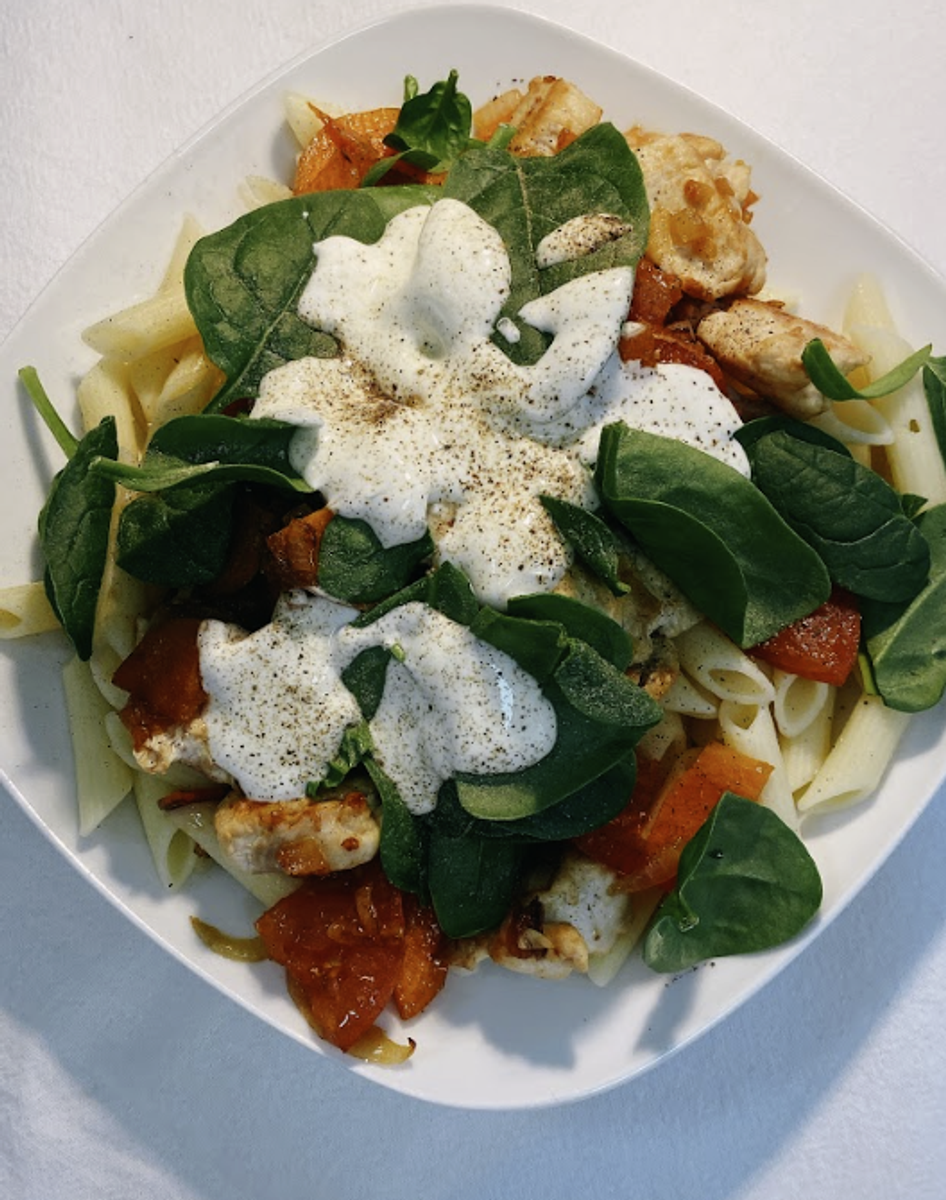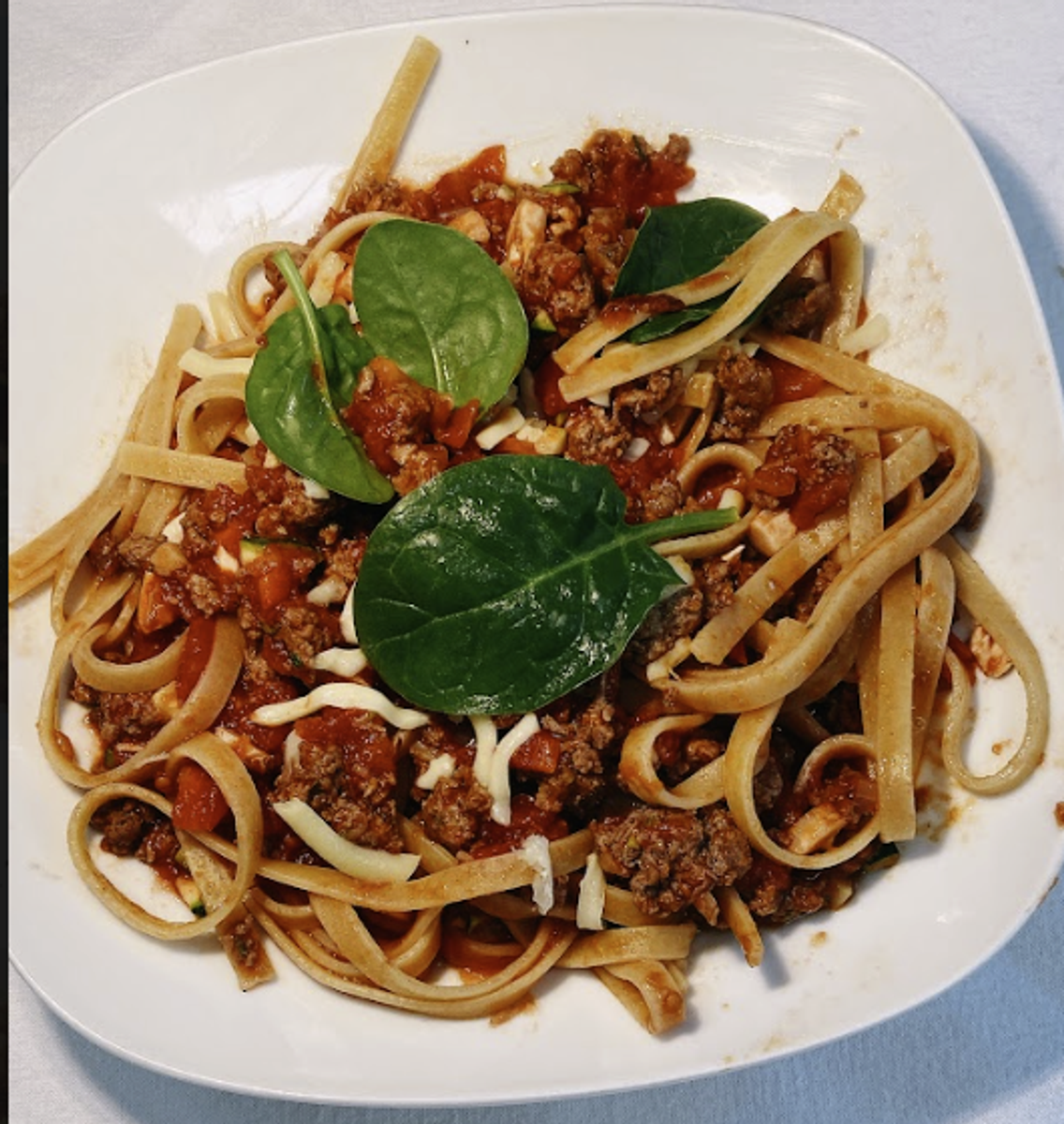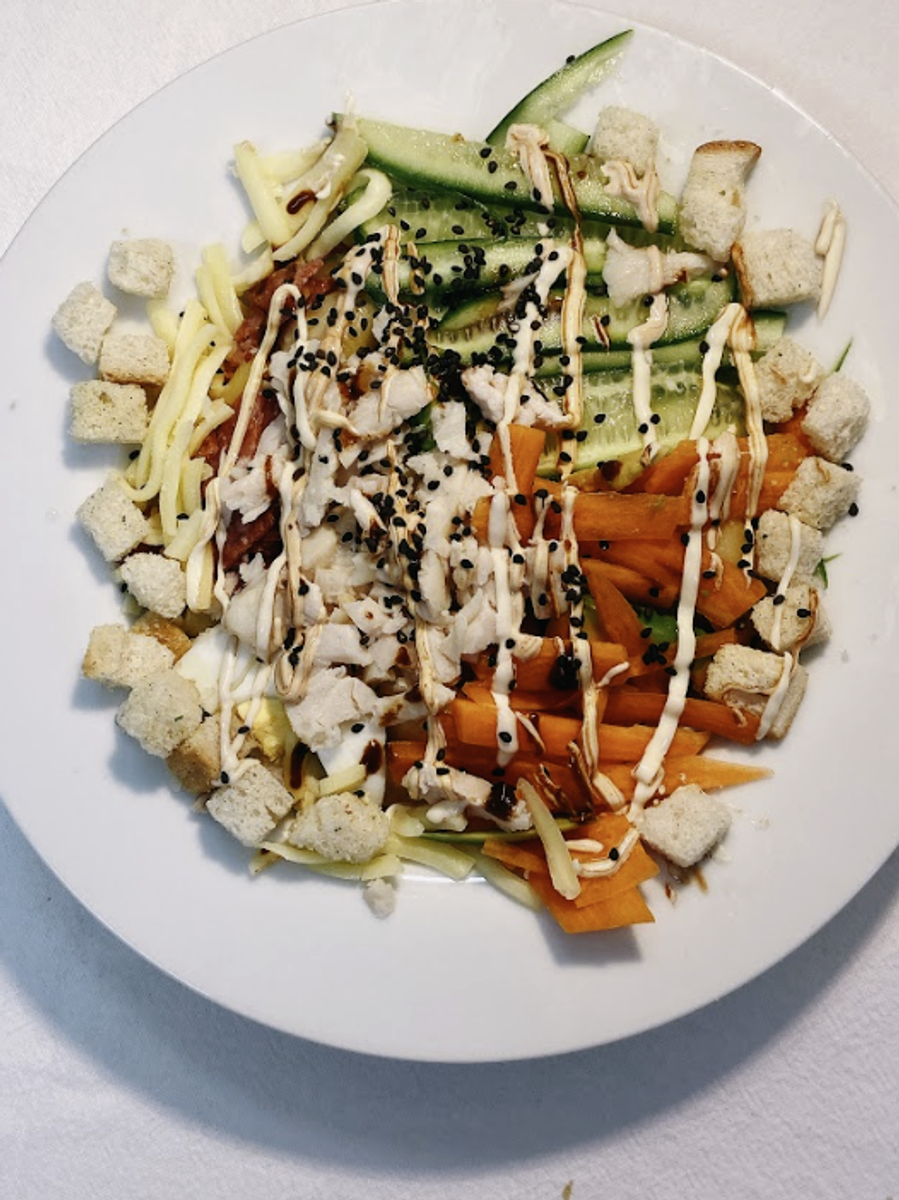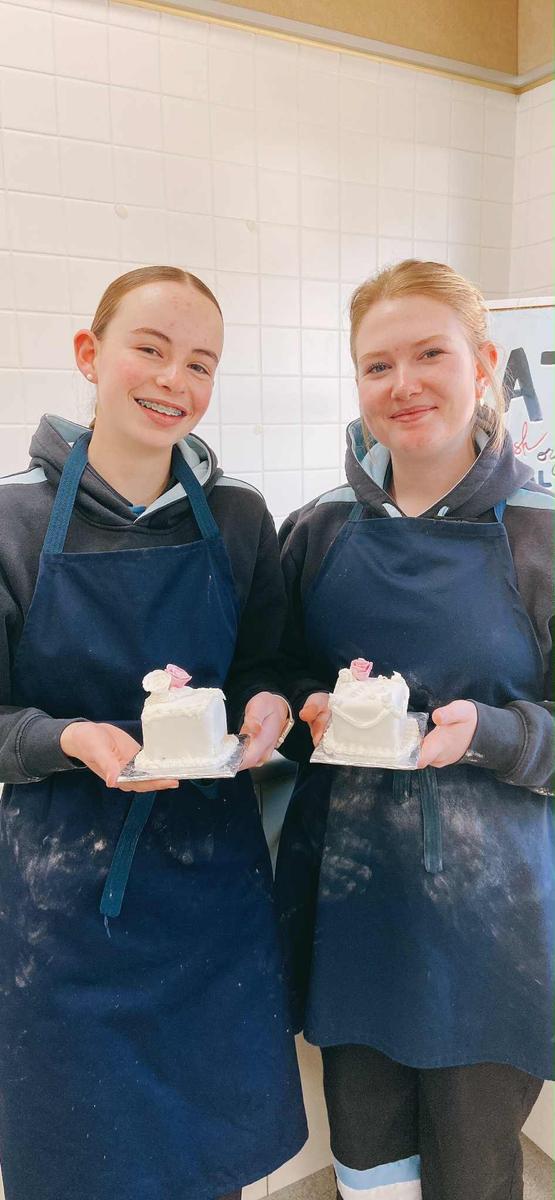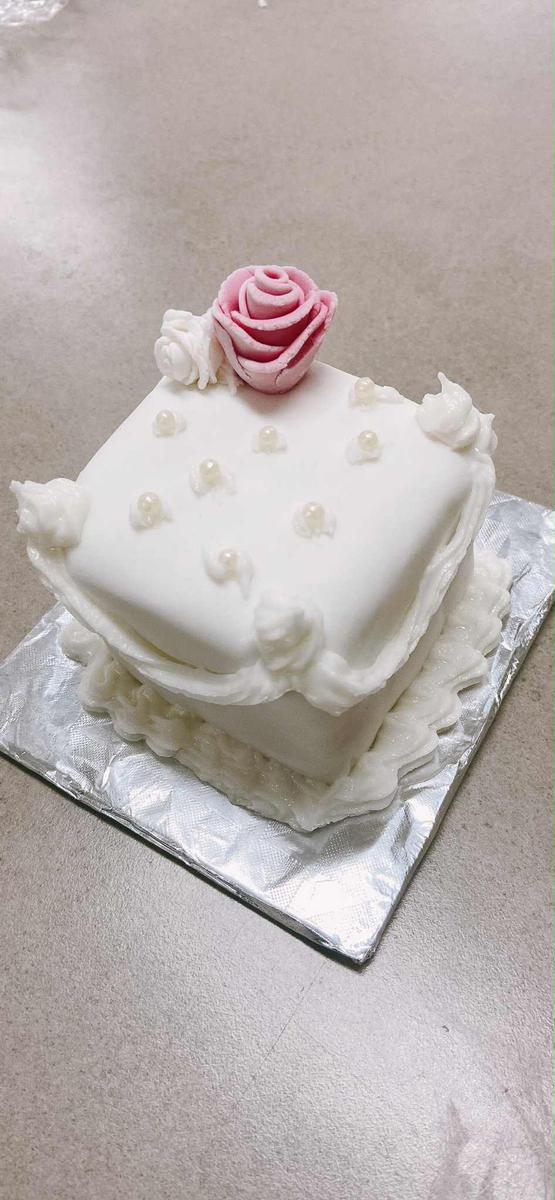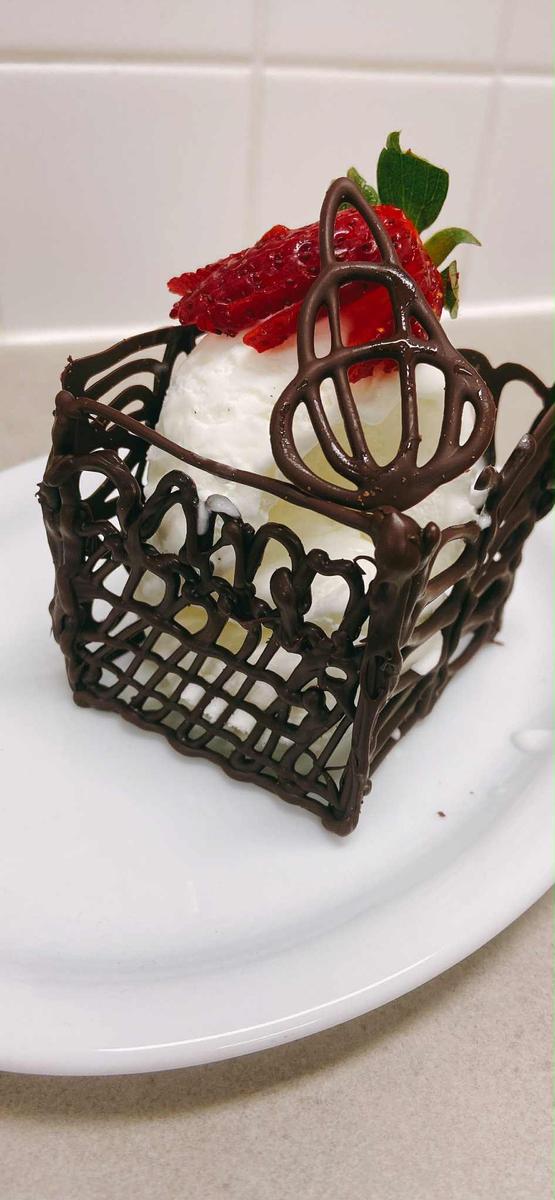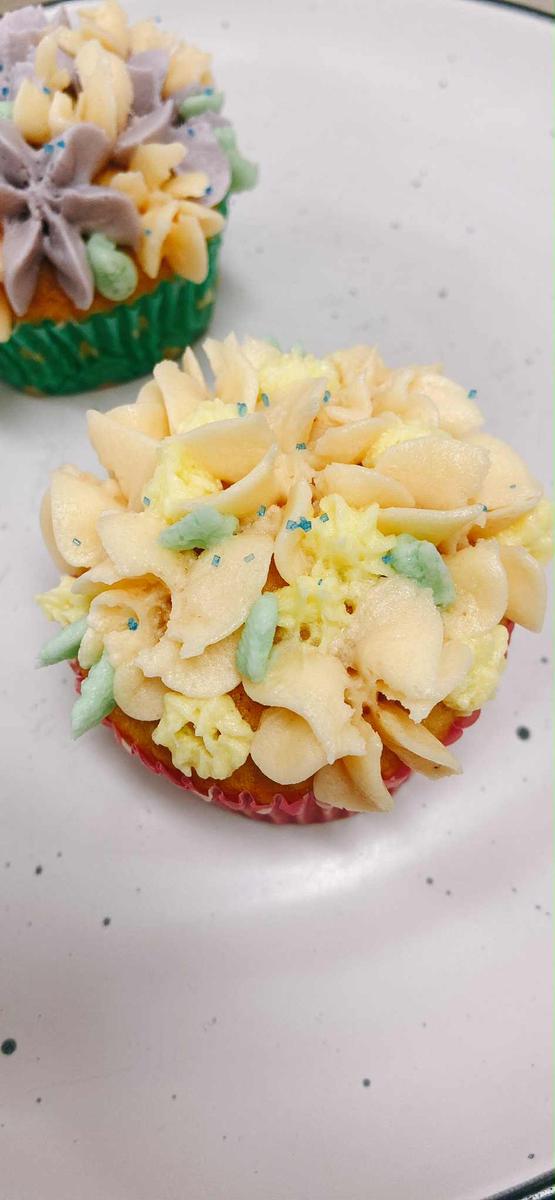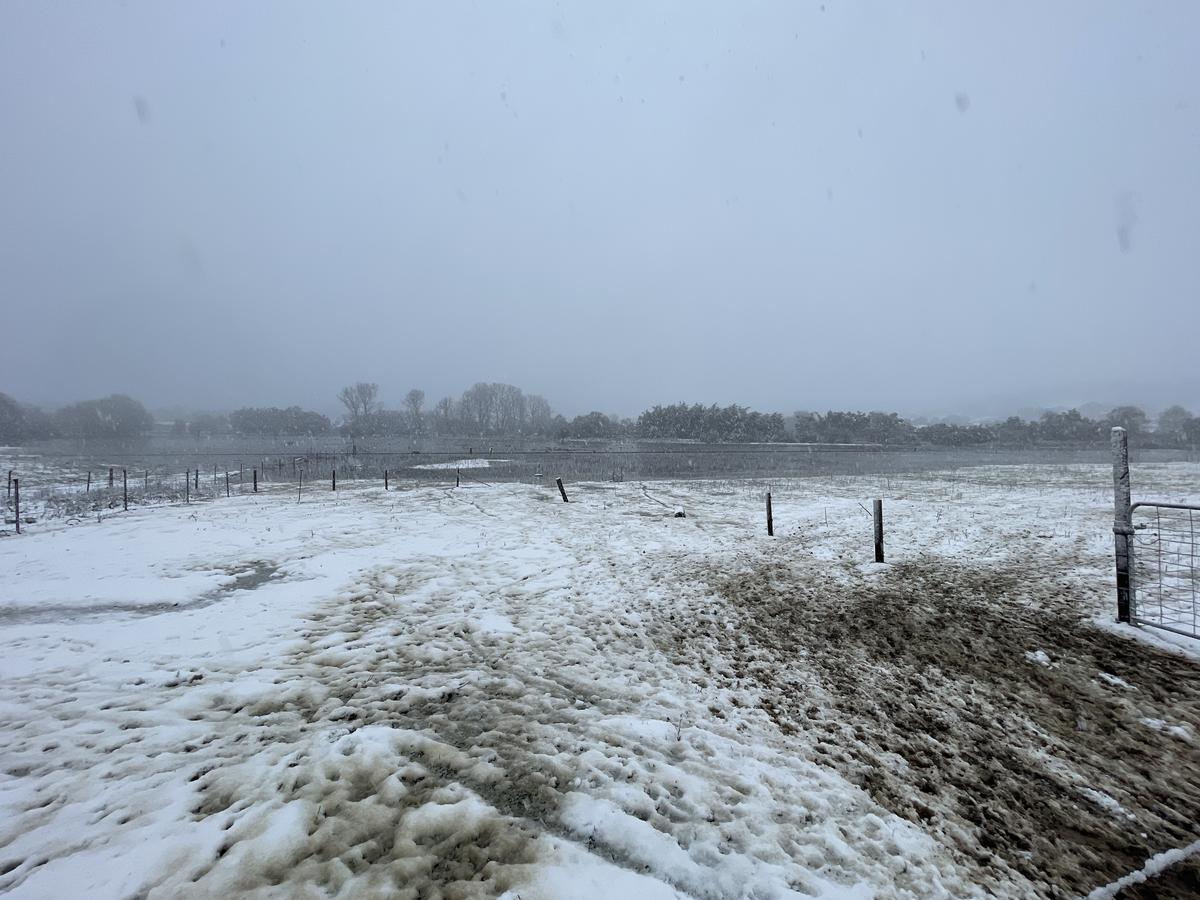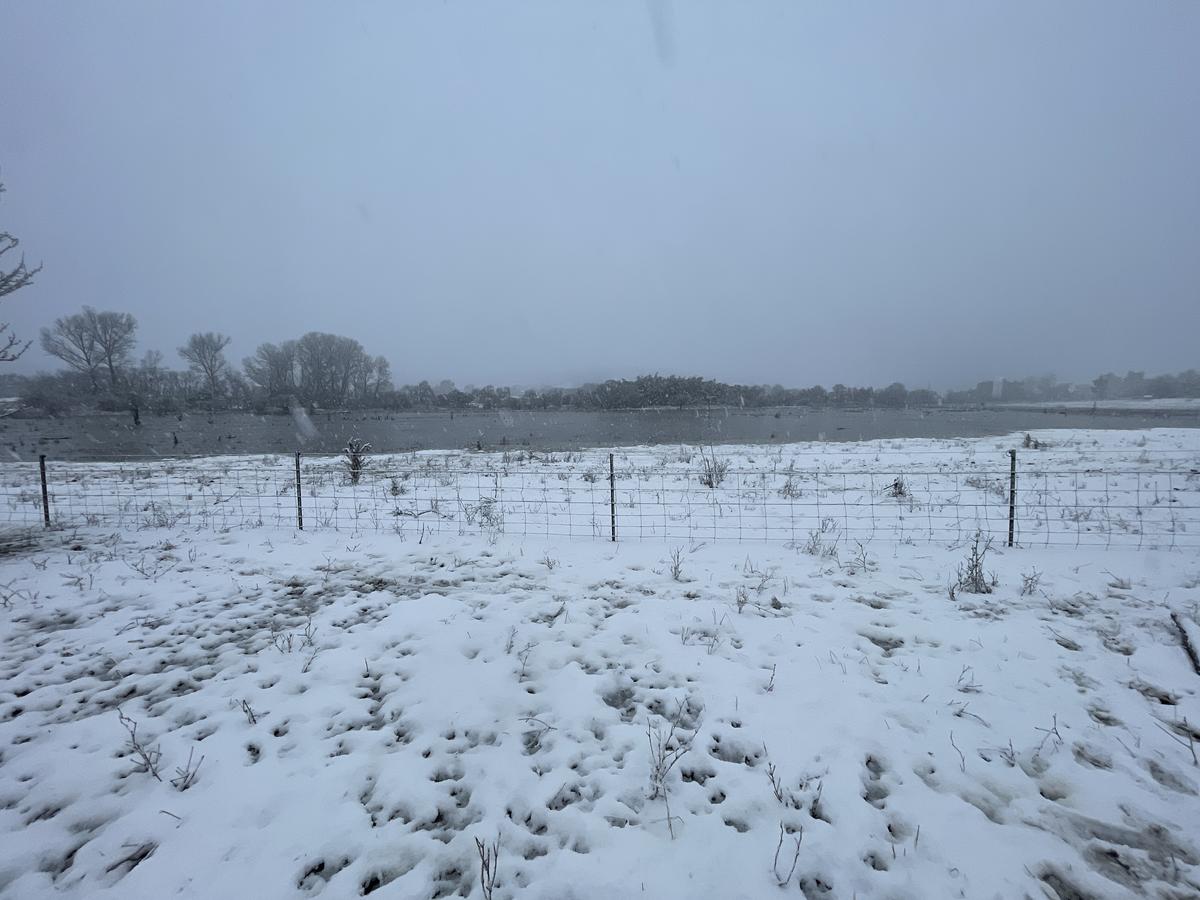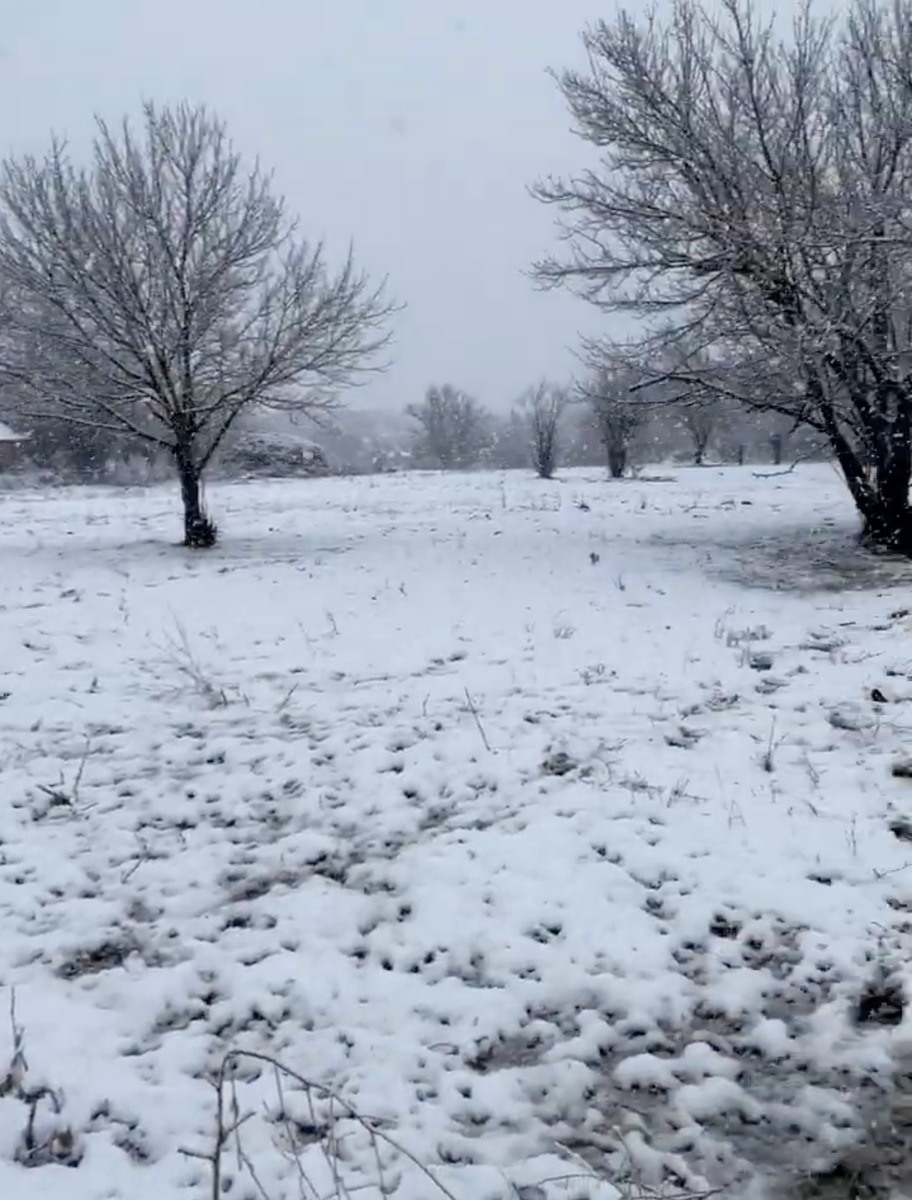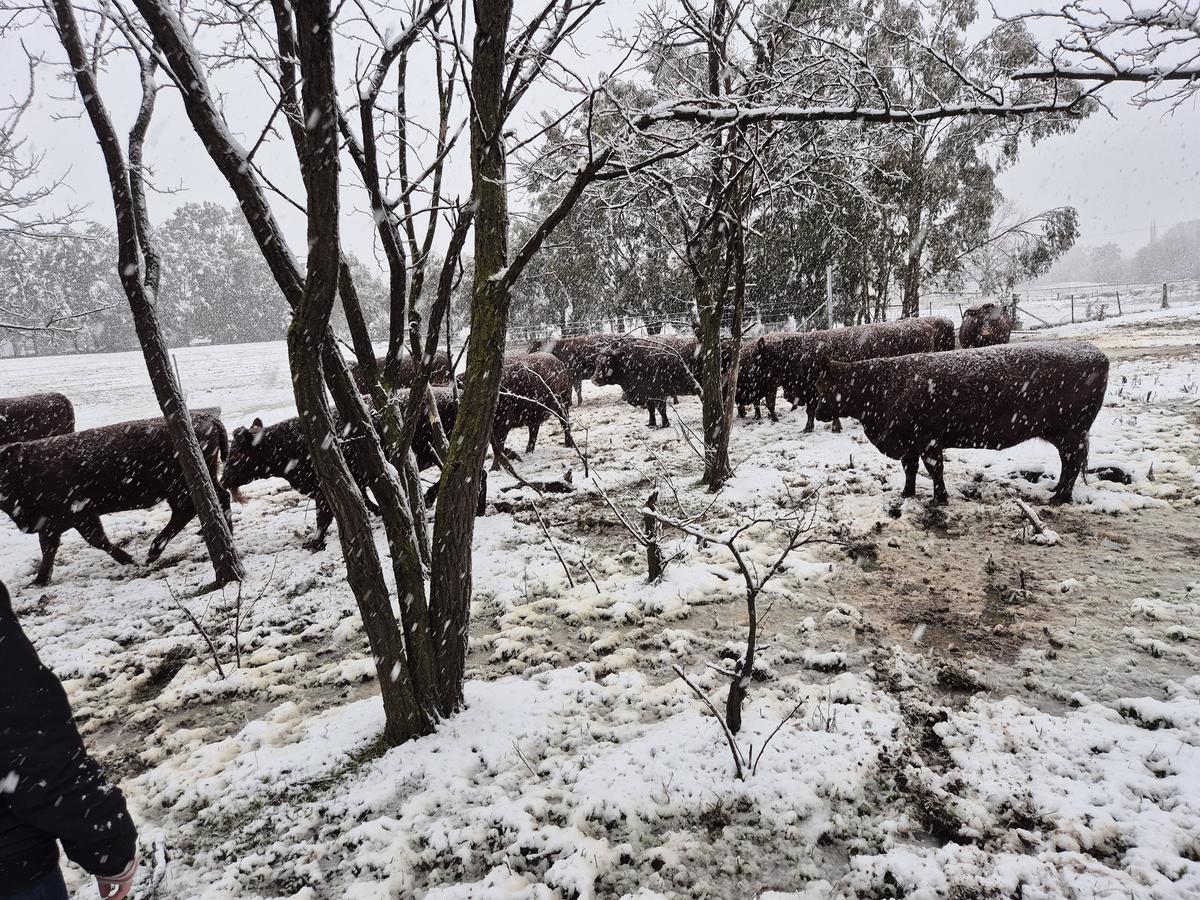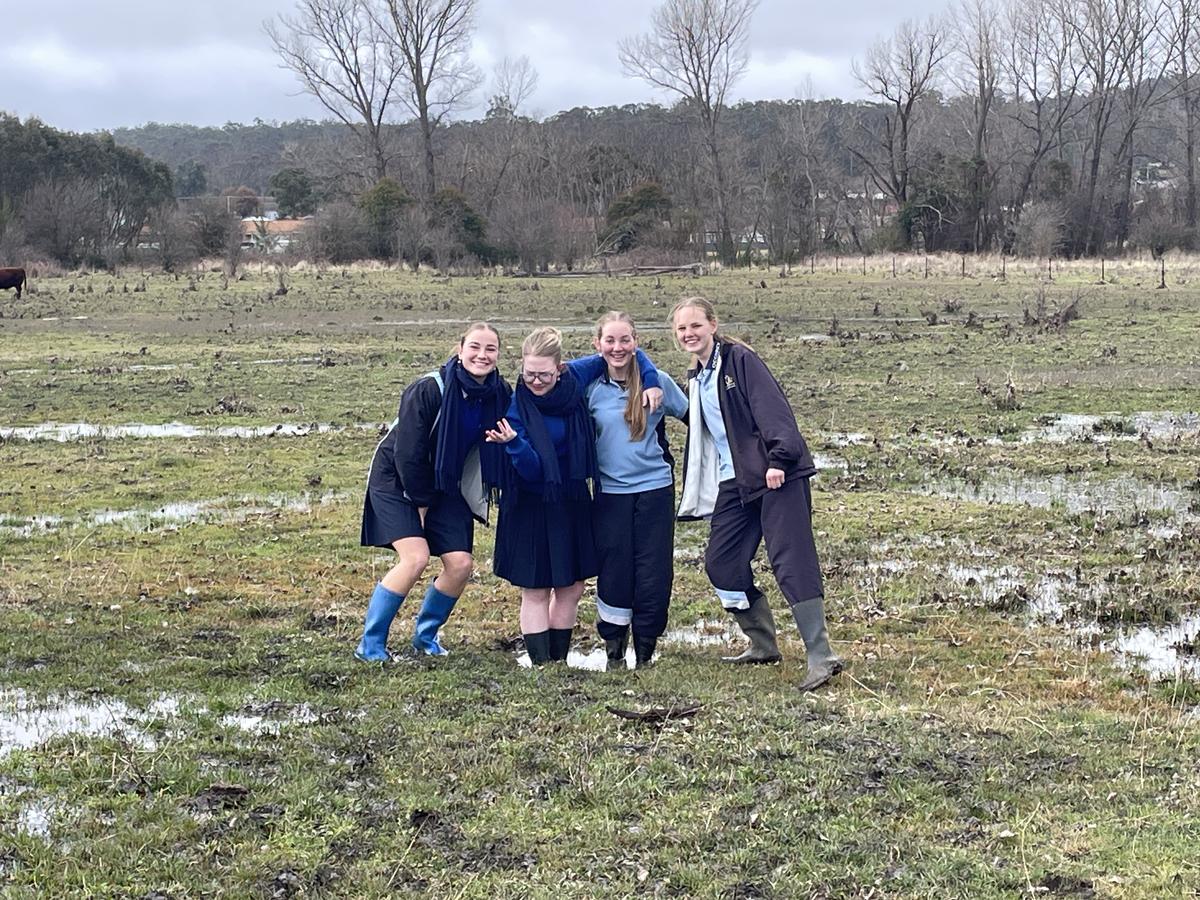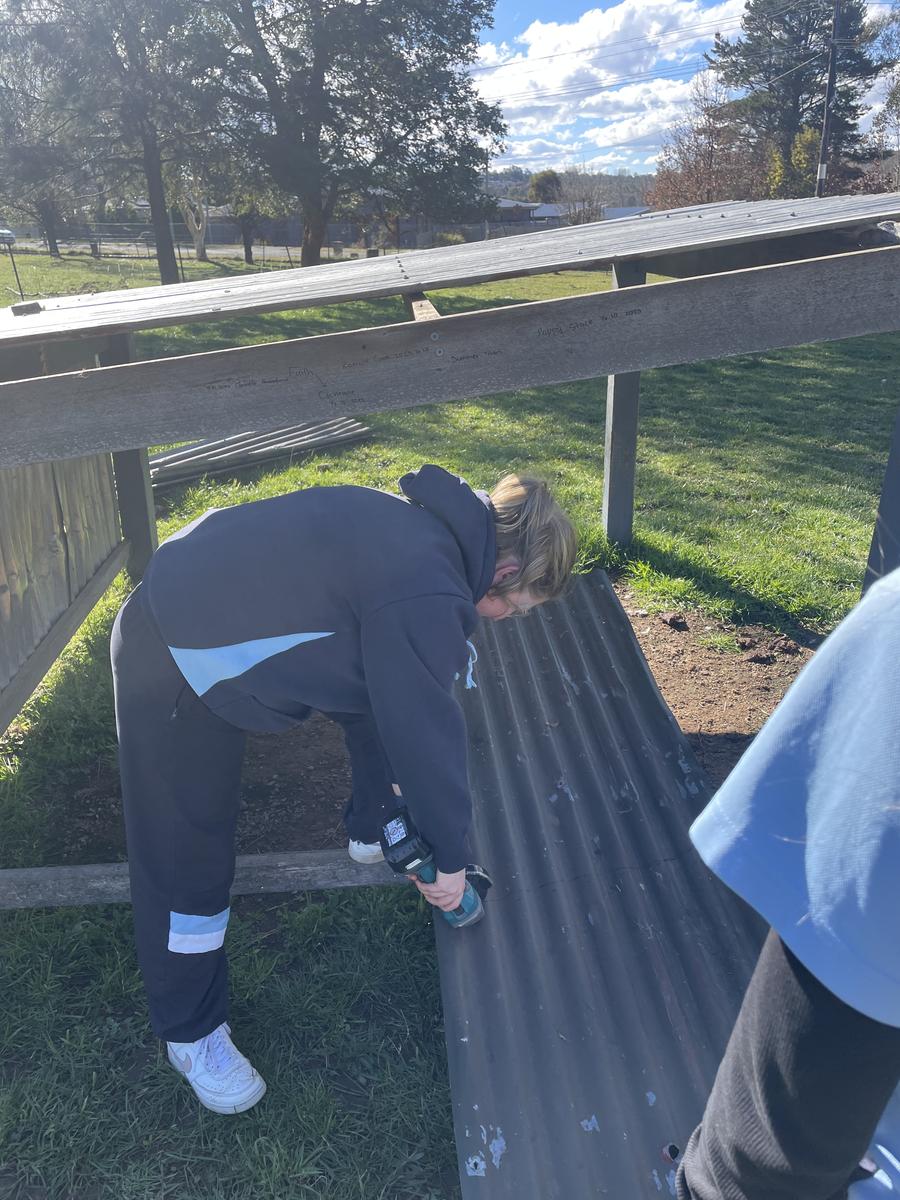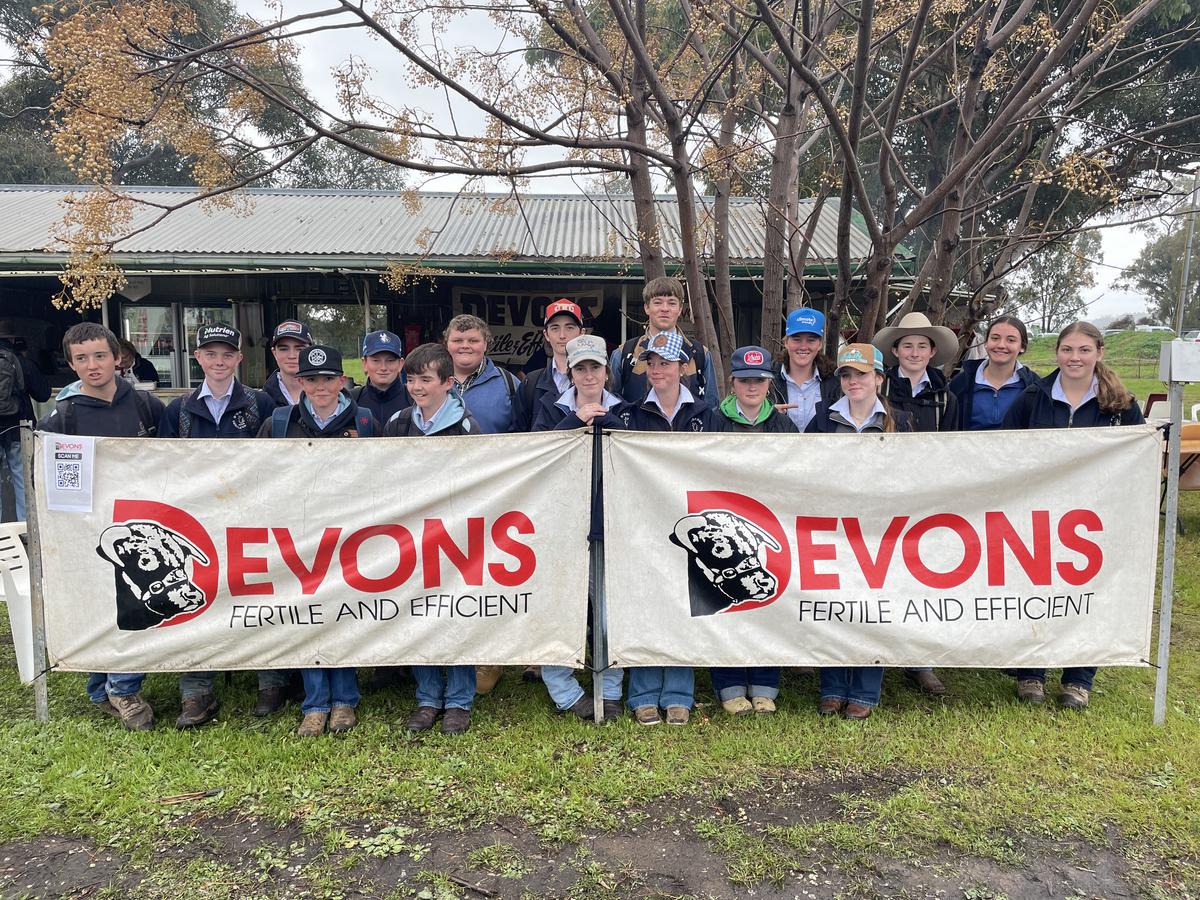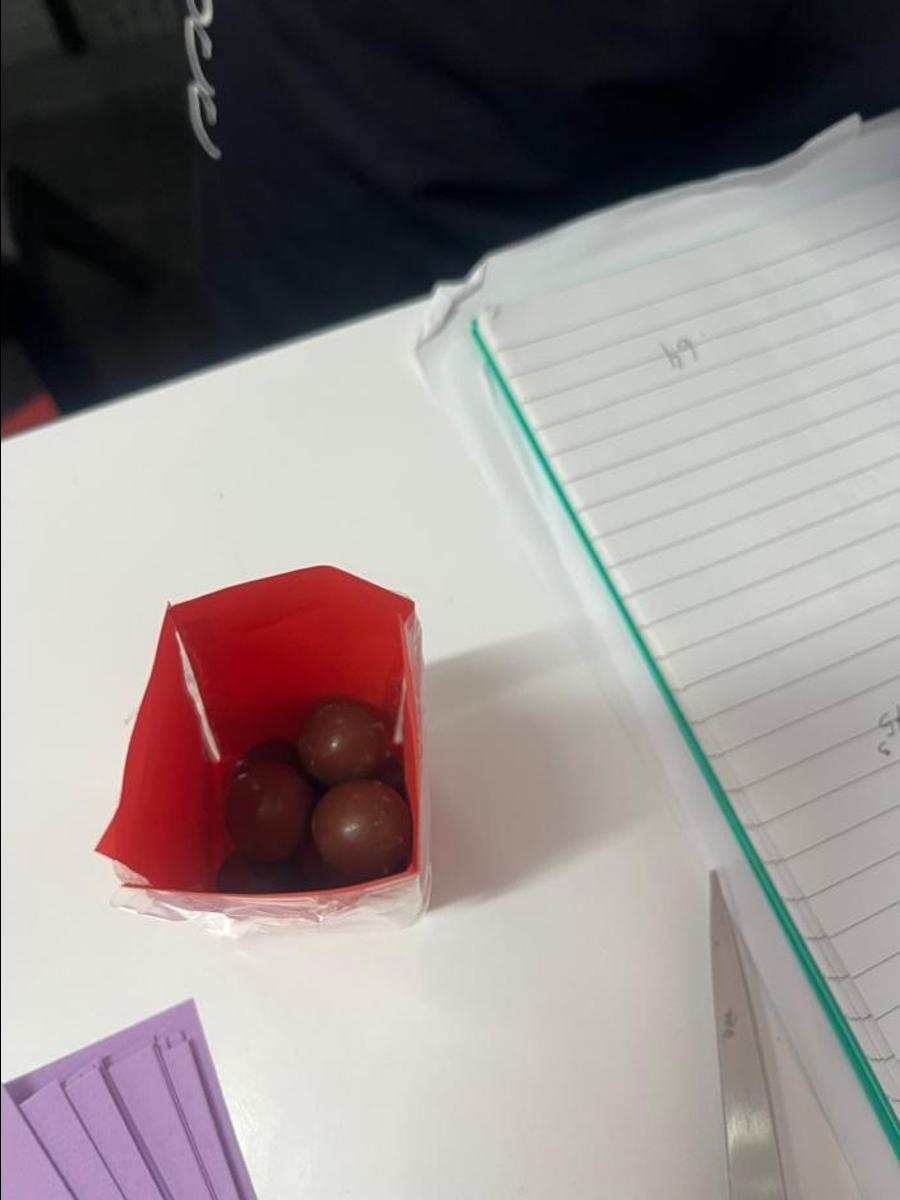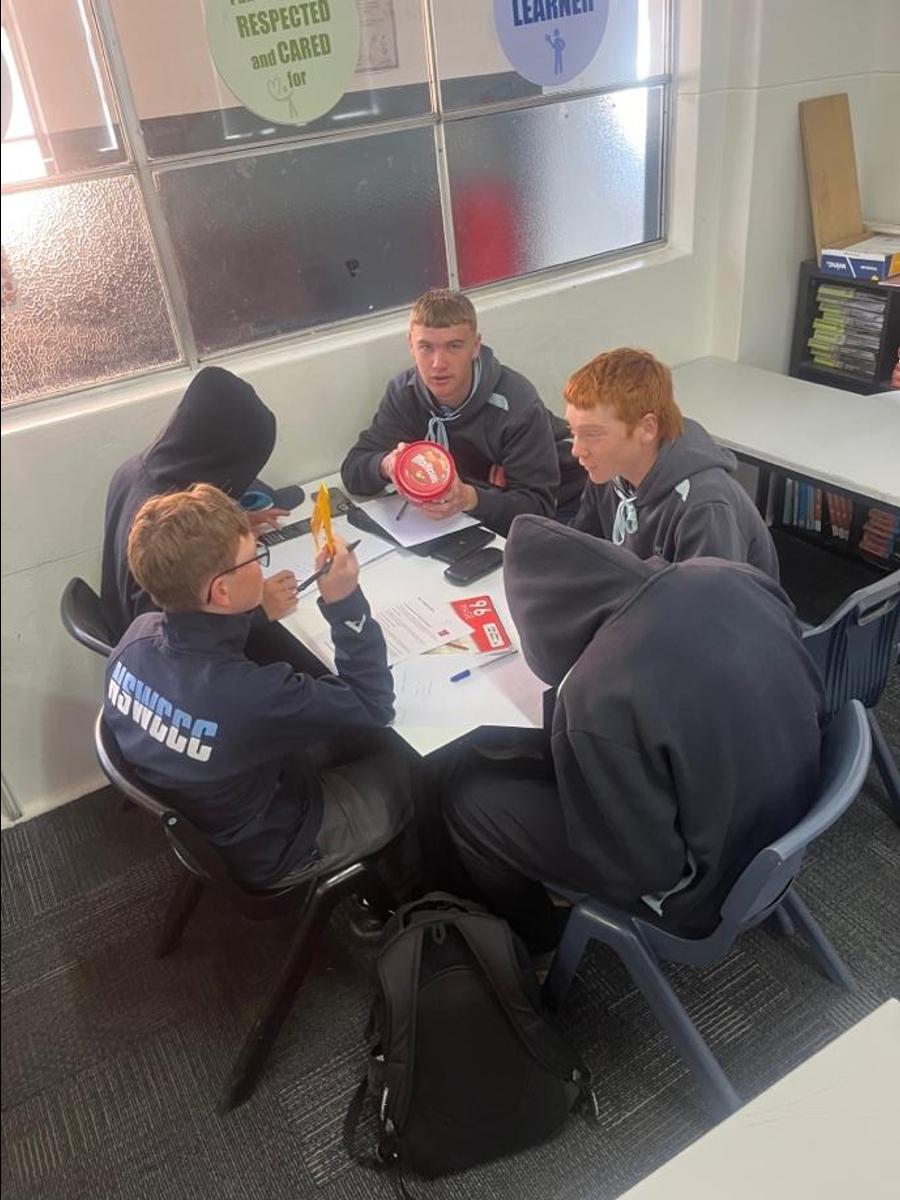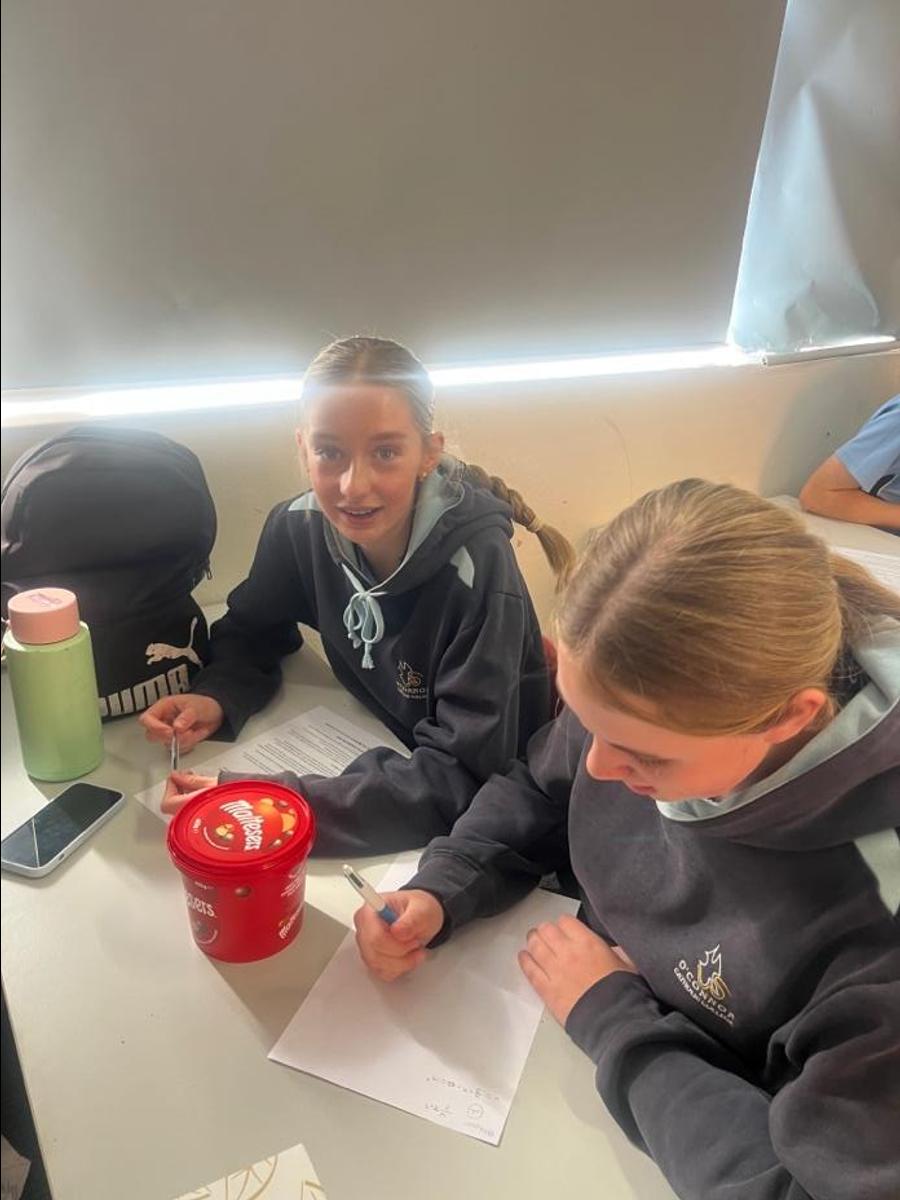KLA News
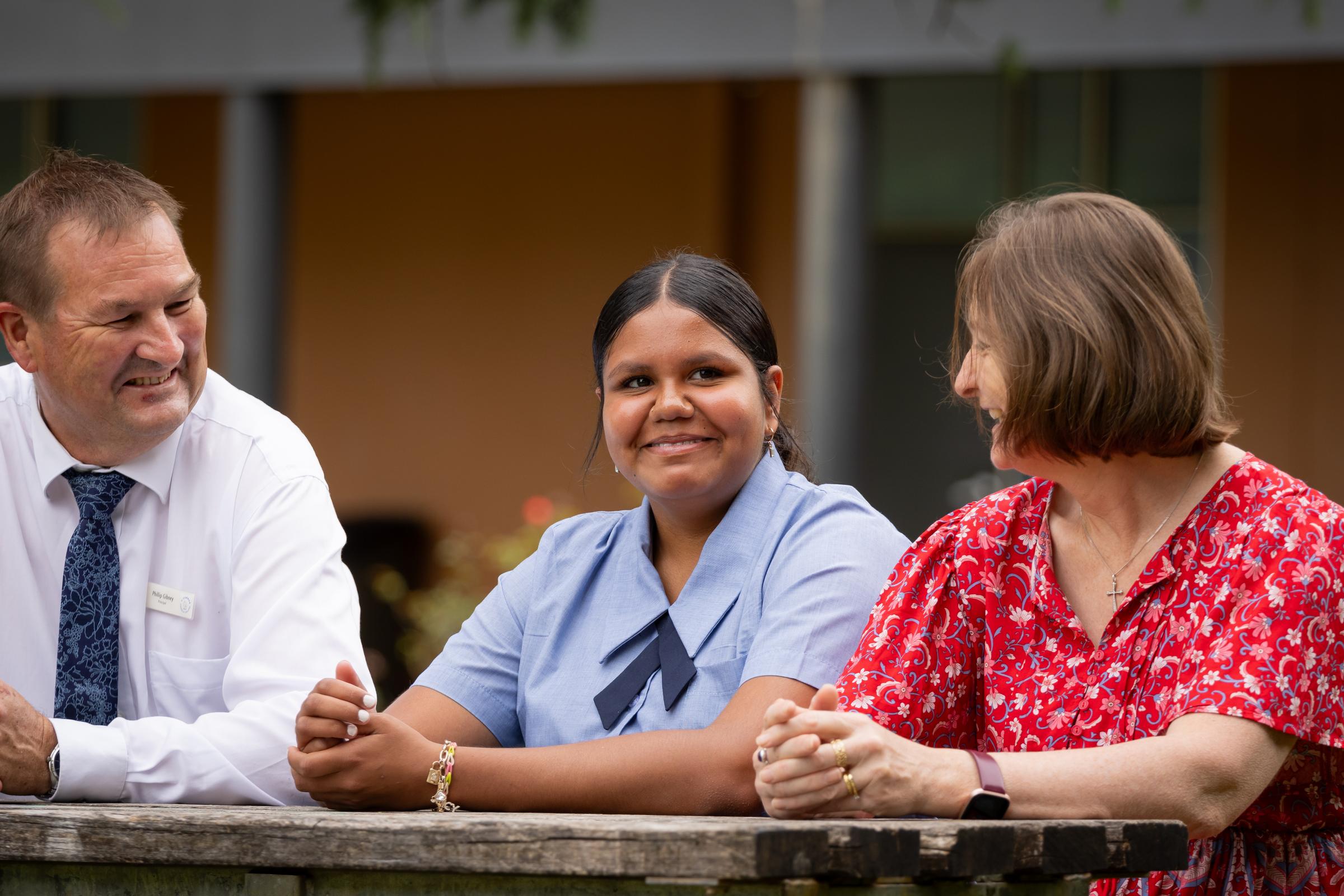
HSIE
Year 7 students have been learning about the processes that form and transform landscapes, including the movement of the earth’s tectonic plates and the processes of weathering, erosion, and deposition. This foundational knowledge is helping them understand how landscapes change over time through natural forces.
Ask your year 7 child to explain to you the different plate boundaries pictured below.
In Year 8, students have focused on the role of the Catholic Church in the daily lives of people during the medieval period. They have explored how this influence motivated people in the medieval world to participate in the Crusades to the Holy Lands, enhancing their understanding of religion’s impact on history.
Ask your year 8 student to explain why the Crusaders wore crosses on their armour and where the word ‘Crusade’ comes from.
Our Year 9 Geographers are studying how geographic factors influence wellbeing around the world. The Better Life Index serves as an effective tool in this unit, allowing students to examine and compare wellbeing indicators across different countries.
This snapshot from the Better Life Index shows how Australians in general experience high levels of wellbeing compared with other OECD countries. Ask your child in year 9 to explain what the different petals in the flowers represent.
Year 10 students are developing their essay writing skills by examining the 2007 Apology to the Stolen Generations by Kevin Rudd. They analyse its impact on Aboriginal and Torres Strait Islander people, deepening their awareness of social justice issues and Australian history.
Year 11 students in Ancient History, Legal Studies, and Business Studies are working hard to prepare for their end-of-course exams, showing dedication and commitment to their studies.
Overall, the HSIE faculty continues to support student learning with engaging and meaningful content across all year levels. Our year 10 students have recently completed their subject selections for year 11 and it is encouraging to see so many students electing to continue their studies in HSIE.
For a bit of fun, test your knowledge of the world’s major rivers with this quiz:
1. Which is the longest river in the world?
- Yangtze
- Nile
- Mississippi
- Amazon
2. The Amazon River flows primarily through which country?
- Brazil
- India
- United States
- Russia
3. What river forms part of the border between the United States and Mexico?
- Danube
- Rio Grande
- Ganges
- Mekong
4. Which river is famous for flowing through Egypt and supporting ancient civilization?
- Congo
- Niger
- Nile
- Zambezi
5. The Danube River flows through which European capital city?
- Vienna
- Madrid
- Paris
- Rome
6. Which river is known for the spectacular Victoria Falls?
- Zambezi
- Congo
- Amazon
- Lena
7. The Yangtze River is the longest river in which country?
- China
- Australia
- Canada
- Egypt
8. Which river is the deepest in the world and crosses the equator twice?
- Congo
- Mississippi
- Ob
- Volga
9. The Mississippi River empties into which body of water?
- Gulf of Mexico
- Black Sea
- Arabian Sea
- Caspian Sea
10. What river has a large delta known for its oil resources and biodiversity in Nigeria?
- Niger
- Murray
- Seine
- Indus
Answers will be at the back of the newsletter on page 15.
Mrs Cherie Stoessel
Leader of Learning, HSIE
CAPA
Congratulations to Kotaro Jordan (Year 8) and Rap Pabalan (Year 10) for Artist of the Month! This is awarded to students who have shown dedication to their artmaking through conceptual depth of ideas, technical experimentation and refinement to produce resolved artworks.
Koraro Jordan (Year 8)
Ranier Pabalban (Year 10)
Congratulations to Laura Lidgard who took out second place in the junior secondary section of the UNE’s “Let’s hang It” competition earlier this term.
Our extra-curricular groups are up and running. Please make sure you come along to all rehearsals. These programs aim to extend and enrich the opportunities offered to students in the classroom.
O’Connor Catholic College Jazz Band at rehearsal pictured above and below.
Drama Club. Tuesday. Break A, Drama Rooms with Miss Plane
Advanced Trumpet. Tuesday Break A, MPA1 with Mr Myers
Jazz Band. Tuesday Break B, MPA1 with Mr Myers
Concert Band. Wednesday Break B, MPA1 with Miss Sampson
Advanced Saxophone. Thursday Break B, MPA1 with Mr Myers
The music rooms are not a social hand-out area. Priority usage of the music rooms is given to elective students and school approved ensembles. Three people maximum are permitted in the practice rooms. No food or drink is permitted in the music rooms.
A reminder that private Instrumental lessons are offered during school hours upon arrangement. These are delivered by visiting tutors from NECOM. Private Lessons are available for piano, guitar, drums, voice, flute, clarinet, saxophone, trumpet, trombone, violin, viola, and cello. Lessons start from $420 (9 x 30 min lessons/ term) payable to NECOM.
For further information in all these matters, contact Mel Sampson (Leader of Learning, CAPA) via email: msampso1@arm.catholic.edu.a
Mr Bruce Myers,
On behalf of the CAPA team.
TAS
Year 11 Textiles – Practical Project Showcase
Year 11 Textiles students have recently completed their second assessment task, which involved creating a practical project supported by a detailed portfolio. Each student produced a unique and creative piece that reflected both their developing skills and personal inspiration.
Some of the impressive works included:
- Elizabeth Sheppard – a mermaid costume inspired by a childhood costume
- Sierra Donnelly – a vintage apron
- Rhiannon Heagney – a 70’s-inspired jumpsuit
- Ayla Karsten – a classic dress
- Iliana Fernandez – a bubble quilt
- Adahlia Fittler – a moth-inspired cape costume piece
- Charlotte Fletcher – retro pants
- Caitlin Montague – a children’s dress
The wide range of designs showcased the individuality of each student, while the high standard of construction reflected their persistence and attention to detail. Many students showed remarkable dedication by giving up their lunch breaks and working beyond class time to refine their pieces and perfect their final outcomes.
We are extremely proud of the creativity, commitment, and craftsmanship displayed—well done, Year 11!
Food Technology
Year 7
Year 7 in their first Food Tech prac. Delicious pasta!
Year 8
Another Year 8 Food Technology unit has been completed. This group exceeded expectations with their knowledge acquisition. They did a pretest at the start of the unit and a post test 8 weeks later. You can see that the data is impressive.
But the proof, as they say, is in the pudding! Or the pasta in this case.
Year 10
These are all year 10 Food Tech who have been developing their cake decorating and piping skills with some mini projects. They’re doing really well and getting more confident with each experience.
Agriculture
It was a chilly change for the animals on the OCC farm!
Year 7 and Year 10 have been working hard on the clean-up from the flooding and damage to trees.
AgQuip
It was an early, wet and cold start for the group of students who went to AgQuip on Thursday, 21 August. We were hesitantly optimistic that the forecasted rain would be minimal and would be finished by the time we arrived in Gunnedah. It was not...
As we walked into AgQuip and made our way to the Devon Society, the mud was thick, and the optimism faded. But half an hour in the rain stopped, and the mud became passable!
Students took off to their favourite stalls, collecting as much free merch as they could carry (some students put multiple loads of freebies in the bus so they could carry more - who knew one person needed 20 free hats!?)
But it wasn't all fun and games, with Mr Tout and Miss Phillips doing some price gathering for the farm's future investments and networking with companies and suppliers.
With muddy boots and laps full of freebies, we began the long trek home with only a slight struggle up the Moonbies due to the added weight.
A big thank you to all involved in making the day a success. Let's hope for better weather next year!
Miss Laura Phillips
Mr Jon Hawthorne
Leader of Learning, TAS
Mathematics
As we move through the term, the Mathematics Key Learning Area at O’Connor Catholic College continues to focus on resilience, growth, and academic excellence across all year groups.
Year 12
Congratulations to our Year 12 students on their Trial HSC results. These results are a testament to their dedication and hard work throughout the year. While there is always room to improve, we are incredibly proud of the grit and determination our students have shown. This resilience will be crucial as they prepare for the final HSC exams. We encourage all Year 12s to maintain their focus, seek support when needed, and continue pushing forward with confidence.
Year 11
Year 11 students are gearing up for their final exams scheduled for Week 9. This is a critical period for consolidating knowledge and refining problem-solving skills. Teachers are providing targeted revision sessions to ensure students feel prepared and confident. We urge Year 11 students to take advantage of these opportunities and approach their studies with consistent effort.
Don’t forget Thursday afternoon senior Mathematics help is held in UG2 from 3:30pm – 5pm each week. With exam period gearing up we will also add Tuesday afternoons to this for the rest of term starting next week in Week 7.
Year 10
Year 10 students are progressing well in their respective mathematics pathways:
- Pathway to Standard: Students are deepening their understanding of key algebraic concepts and functions to build a solid foundation.
- Pathway to Advanced / Extension: Students are engaging with more complex topics including quadratic equations and trigonometric functions, preparing them for advanced studies.
Both pathways are designed to develop the necessary skills and knowledge to support future success in senior mathematics courses.
Year 9
Year 9 students have been focusing on measurement, mastering concepts related to length, area, volume, and the application of formulas. To apply these skills in a creative and real-world context, students in Mr Czinner’s class recently completed the Malteser Package Design Task, where they explored surface area and volume through the challenge of designing efficient packaging for Maltesers. This task encouraged practical thinking, innovation, and mathematical reasoning in a fun and engaging way.
Year 8 and Year 7
Our Year 8 and Year 7 cohorts have just completed their units on equations this week. These foundational skills in solving linear equations set the stage for more complex algebraic thinking. The completion of their assessment tasks shows growing confidence and mathematical fluency among our junior students.
The Mathematics KLA is proud of all our students’ achievements and commitment to their learning. We encourage everyone to keep pushing forward with persistence and a positive mindset as we approach the end of term.
Keep striving, keep learning!
Mr Mark Harris
Leader of Learning Mathematics
Science
As we reach the halfway point of Term 3, it's a great time to reflect on the exciting progress our students have made across all year groups. From investigating energy transformations to exploring the microscopic world of atoms, students have been engaging with key scientific ideas and applying them in meaningful ways.
Year 7 - Year 7 have been hard at work learning how scientists classify living things. They've explored the differences between vertebrates and invertebrates and have developed skills in using dichotomous keys to identify various organisms. Many classes have enjoyed hands-on activities examining real specimens and building their own classification trees. It's been wonderful to see their curiosity grow as they uncover the rich diversity of life on Earth.
Year 8 - Year 8 students are developing a solid understanding of the different types of energy, including kinetic, sound, heat, light and more. They've conducted practical investigations into how energy transforms from one form to another—like chemical energy turning into heat and light in a combustion reaction—and are beginning to appreciate the principle that energy cannot be created or destroyed. Many students are now confidently applying the Law of Conservation of Energy in everyday examples.
Year 9 - Building on their prior knowledge, Year 9 students have been analysing how energy is transferred and transformed in different systems. They are now diving into the concept of efficiency, calculating how much useful energy is produced in a process compared to how much is wasted. Practical experiments using toasters, light bulbs and simple machines have sparked some excellent discussions about real-world energy use and sustainability.
Year 10 – Atomic Models and Independent InquiryYear 10 students have made great progress in understanding atomic theory and radioactive decay. They've examined how scientific models have changed over time and are exploring different types of radiation, their properties, and applications. Meanwhile, students are well into their Student Research Projects (SRPs). Many have chosen fascinating topics, and it's been fantastic to see students developing their investigative skills and working independently. We can’t wait to see the final presentations!
Year 11 - With only a few weeks remaining until the end of the Preliminary course, Year 11 students are finishing their final content topics and shifting their focus toward exam preparation. Revision is underway, and students are encouraged to revisit past topics, complete practice questions, and seek support where needed. A strong finish this term will set them up well for the challenges of Year 12.
Year 12 - Year 12 students have now completed their Trial HSC exams – a major milestone in their final year of school. Well done to all students for their effort and determination throughout the exam period. The next step is to make the most of the detailed feedback received. Teachers are working with students to identify areas of strength and target specific concepts or skills that need improvement. With the HSC fast approaching, now is the time to consolidate knowledge, refine exam technique, and seek clarification on any remaining uncertainties. Every revision session counts – keep focused and finish strong!
Mr Daniel Fittler,
Leader of Learning, Science

